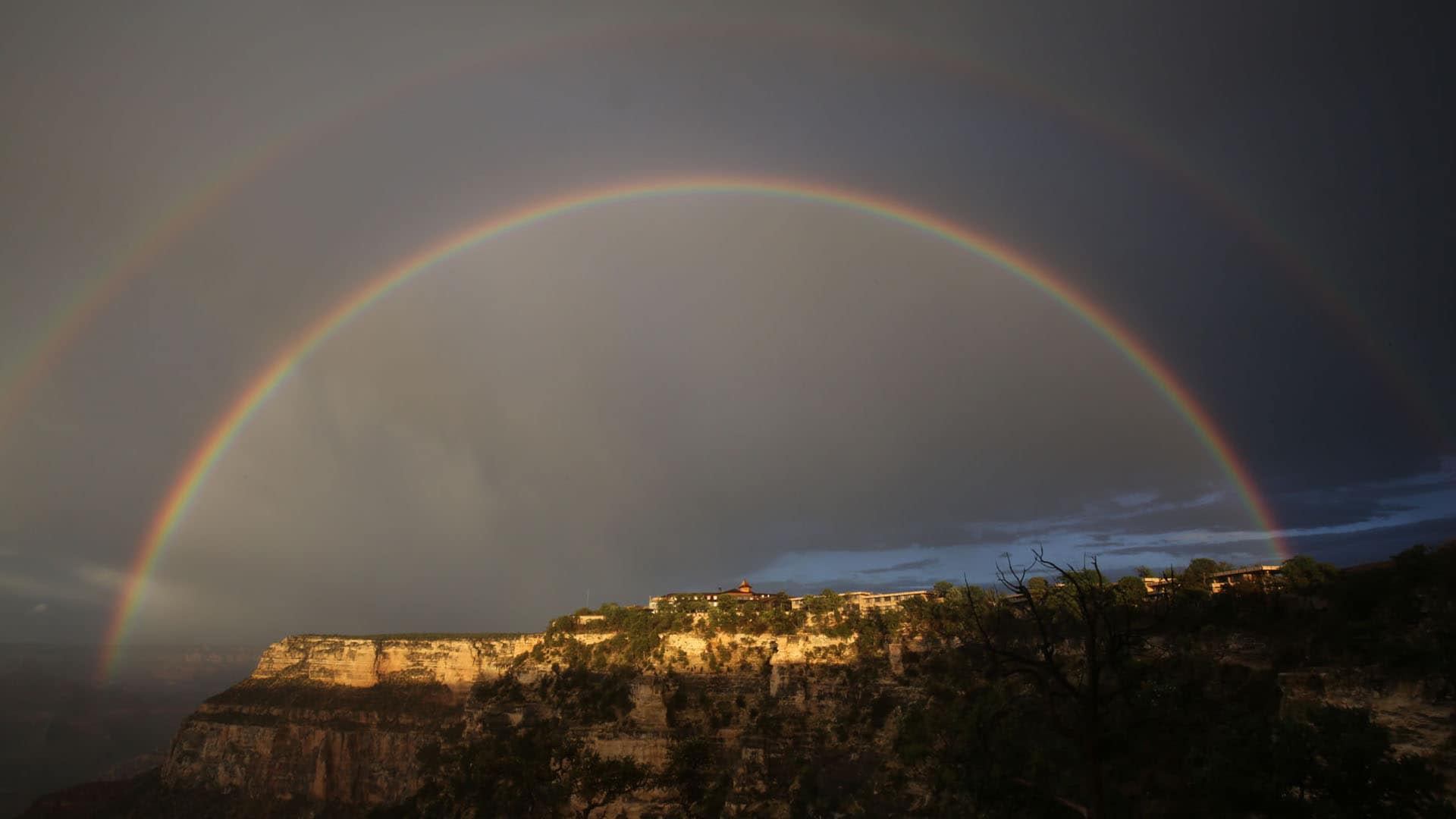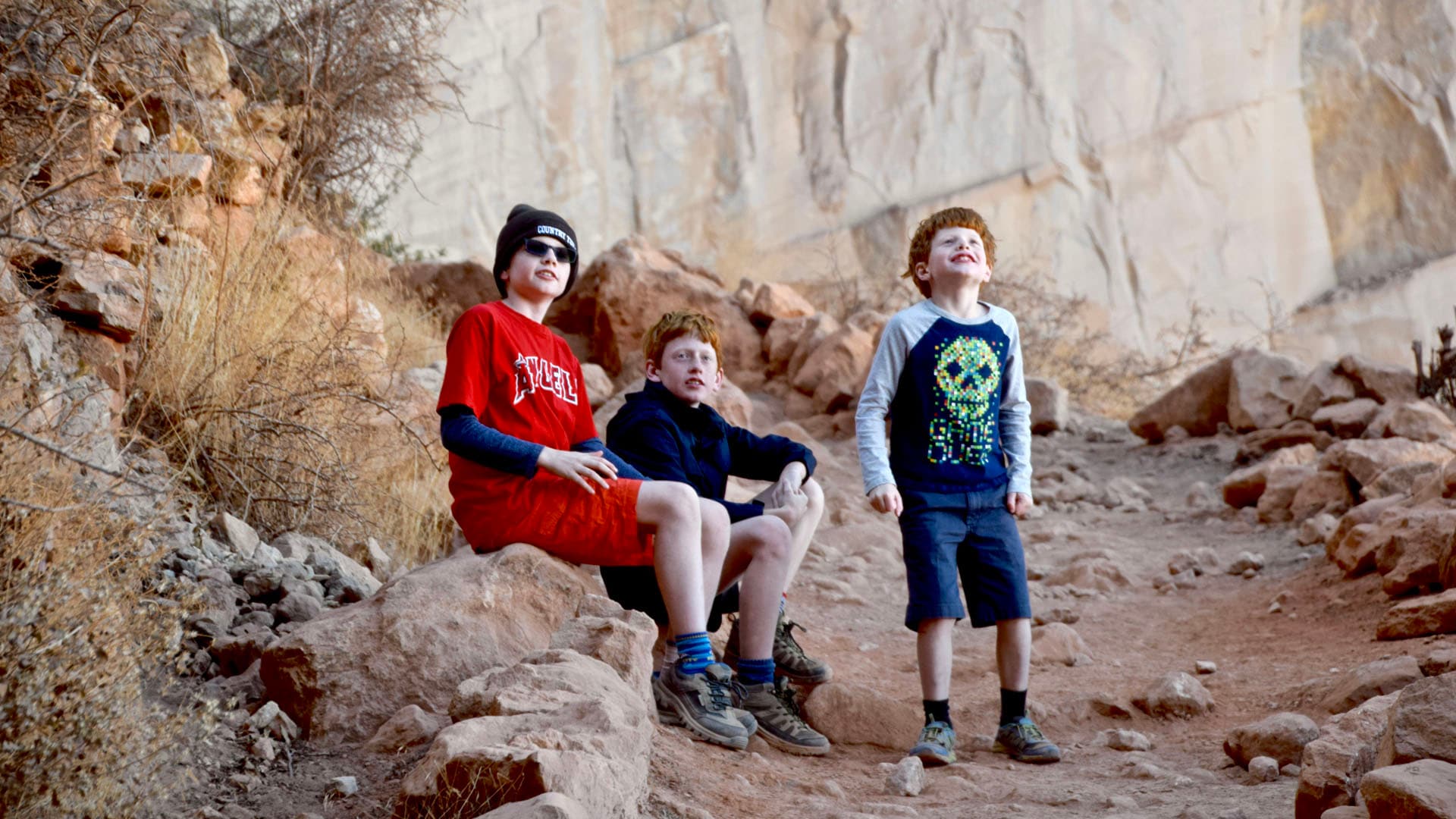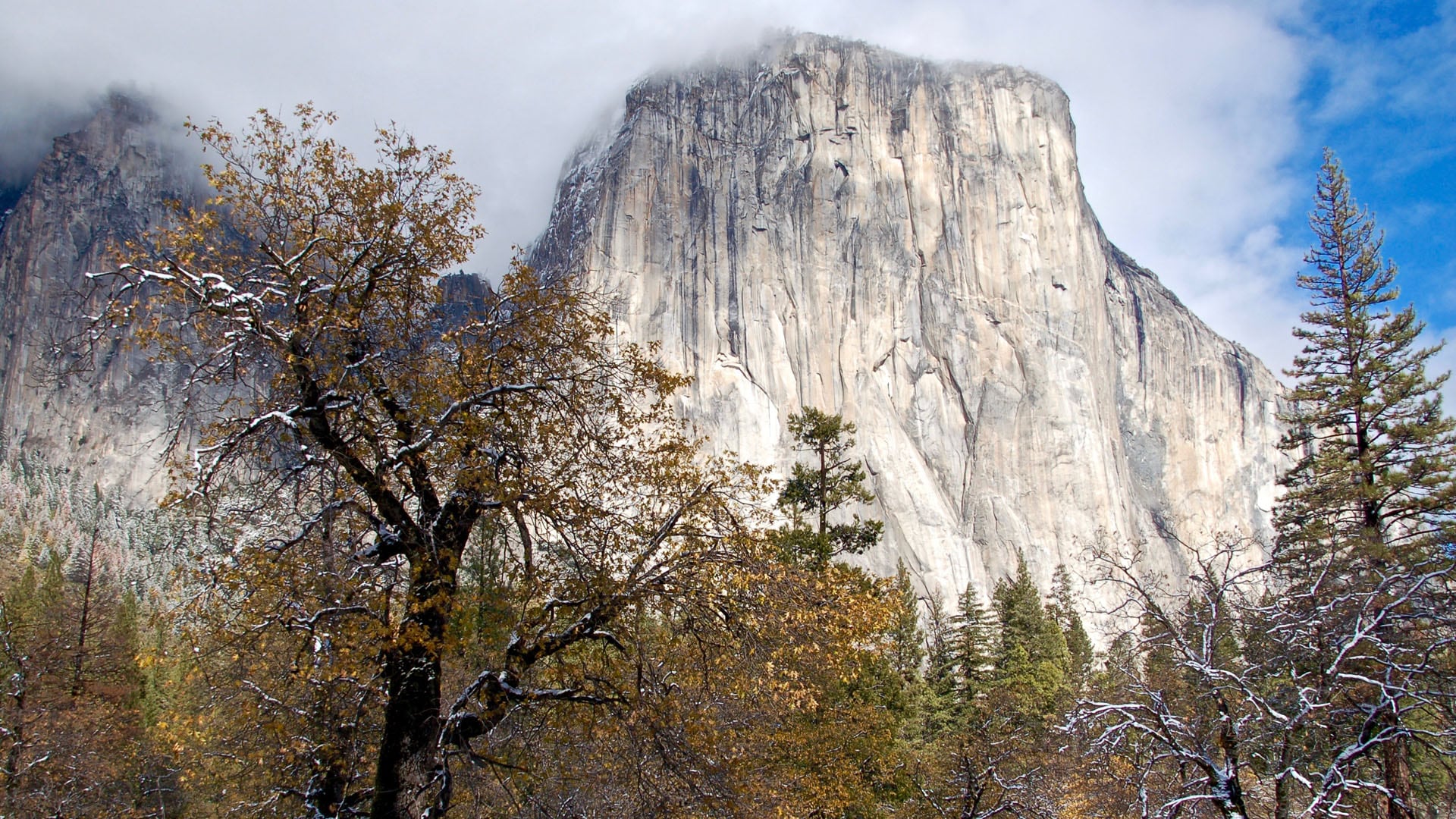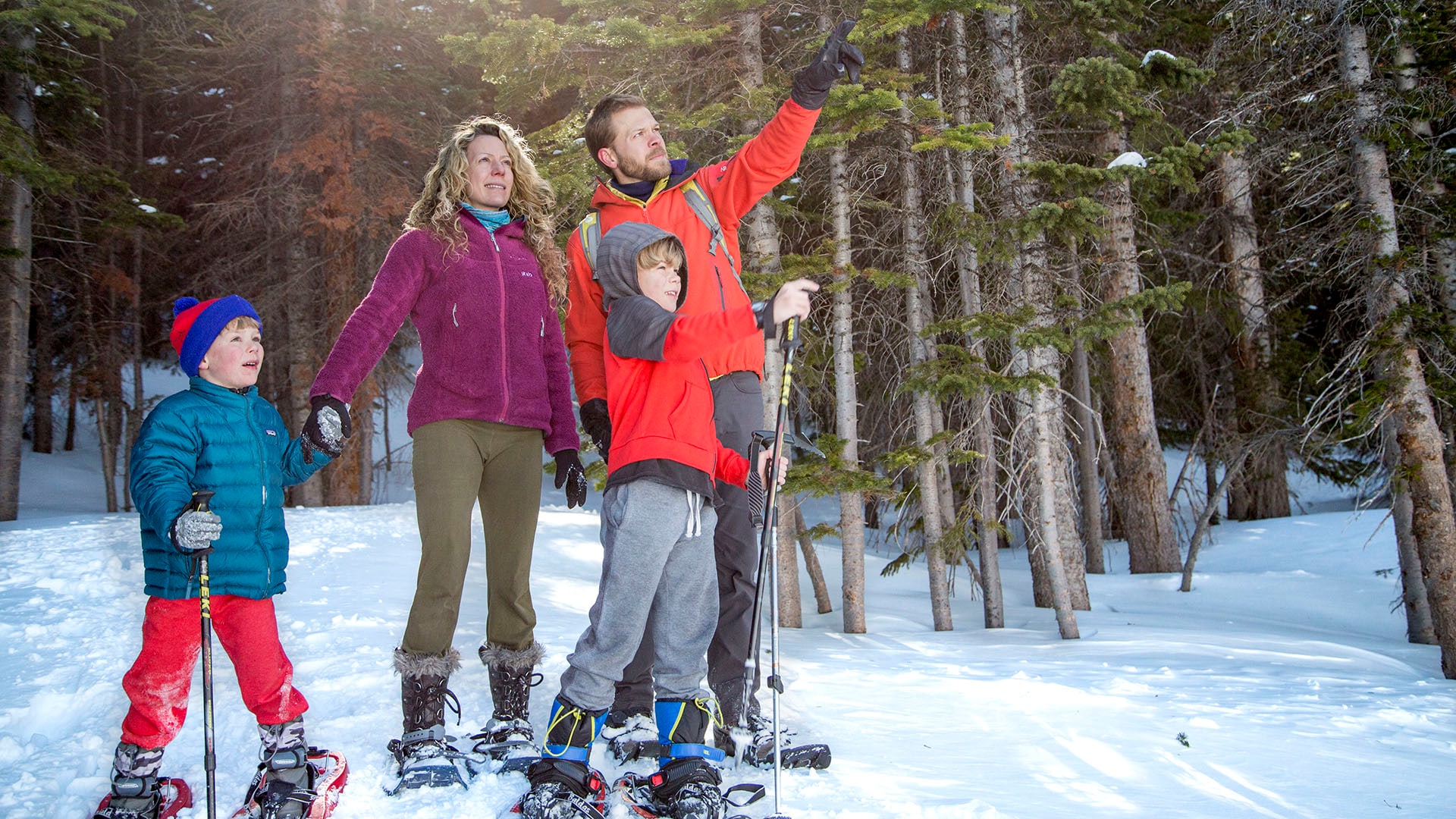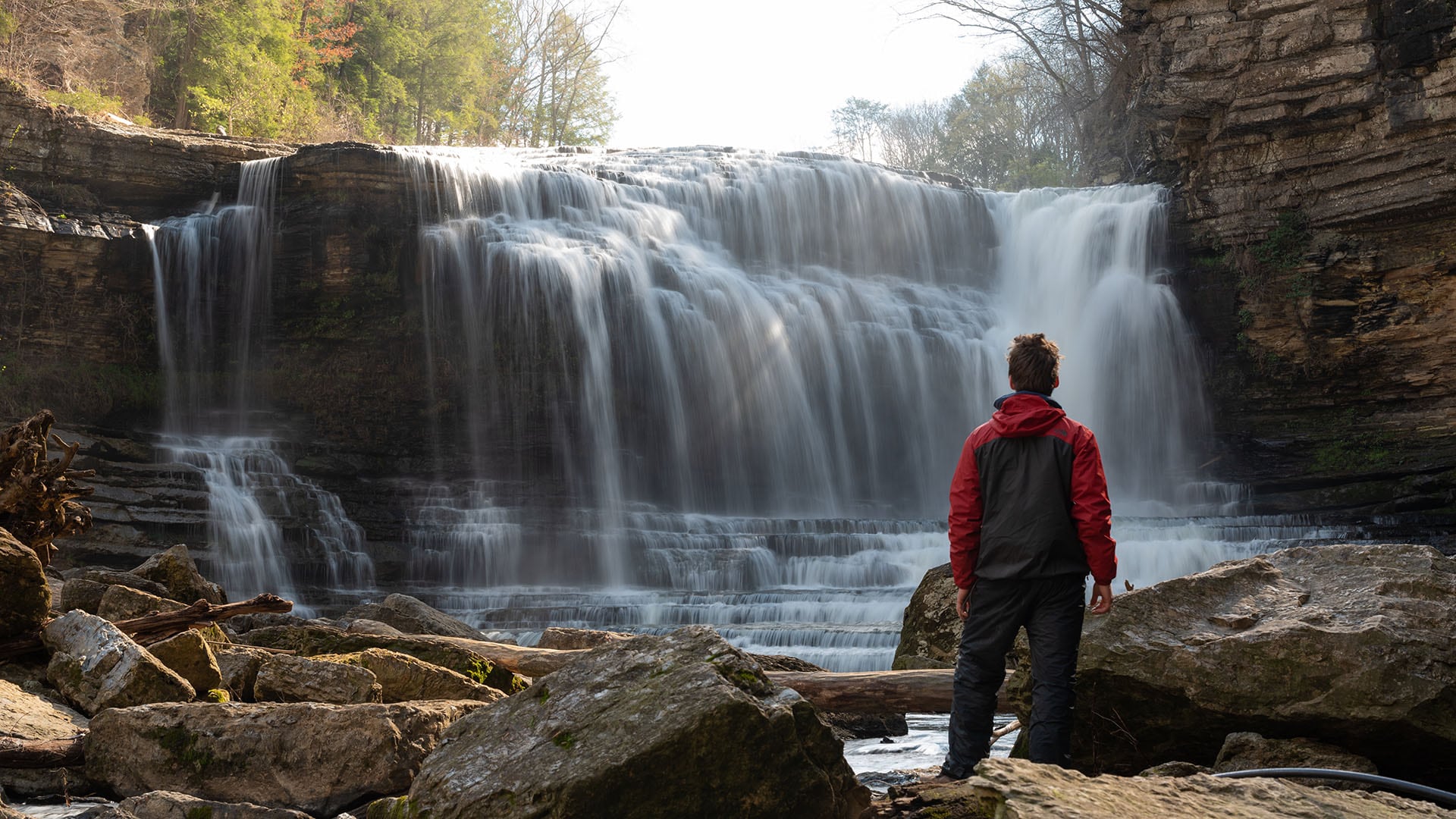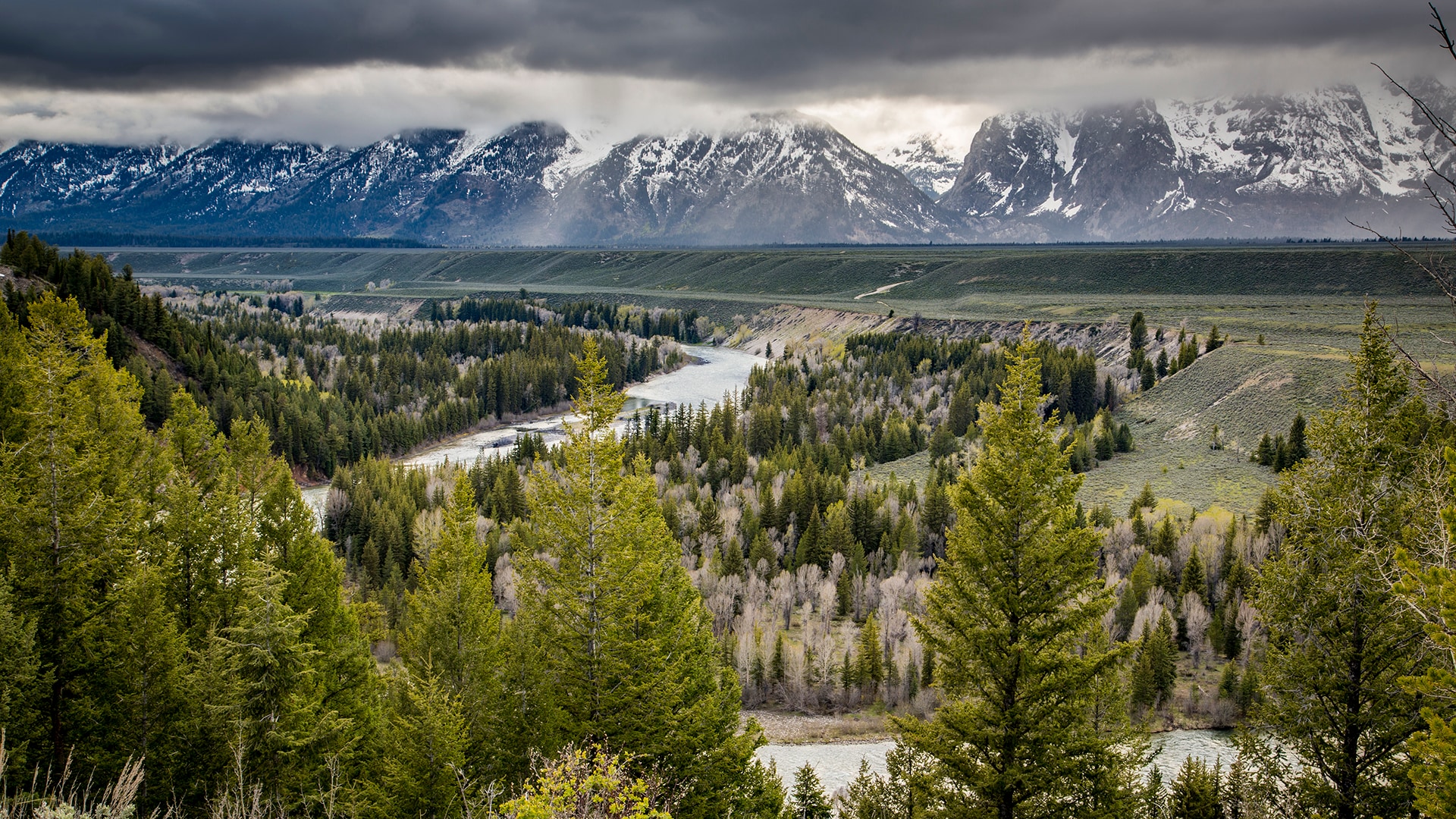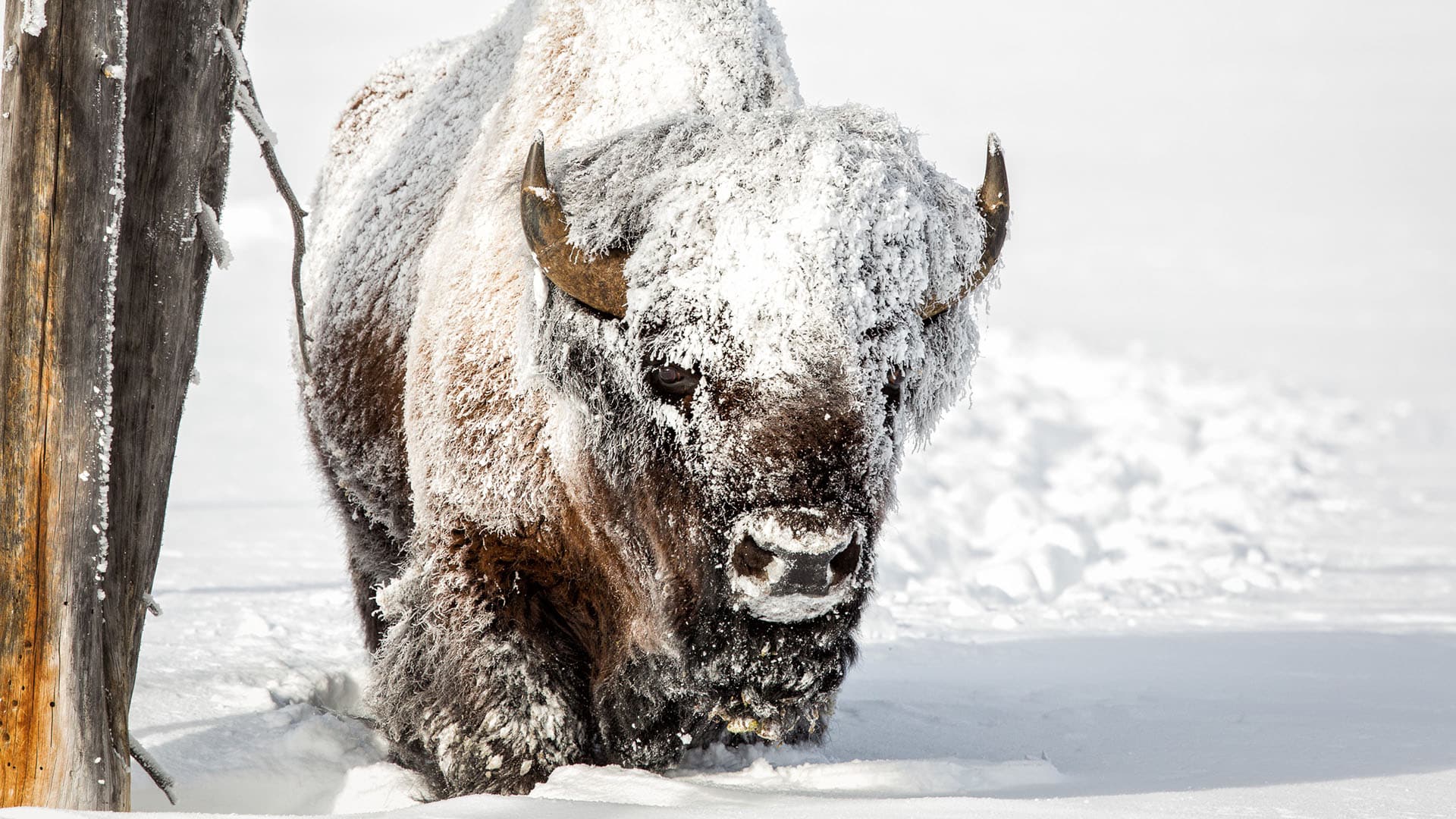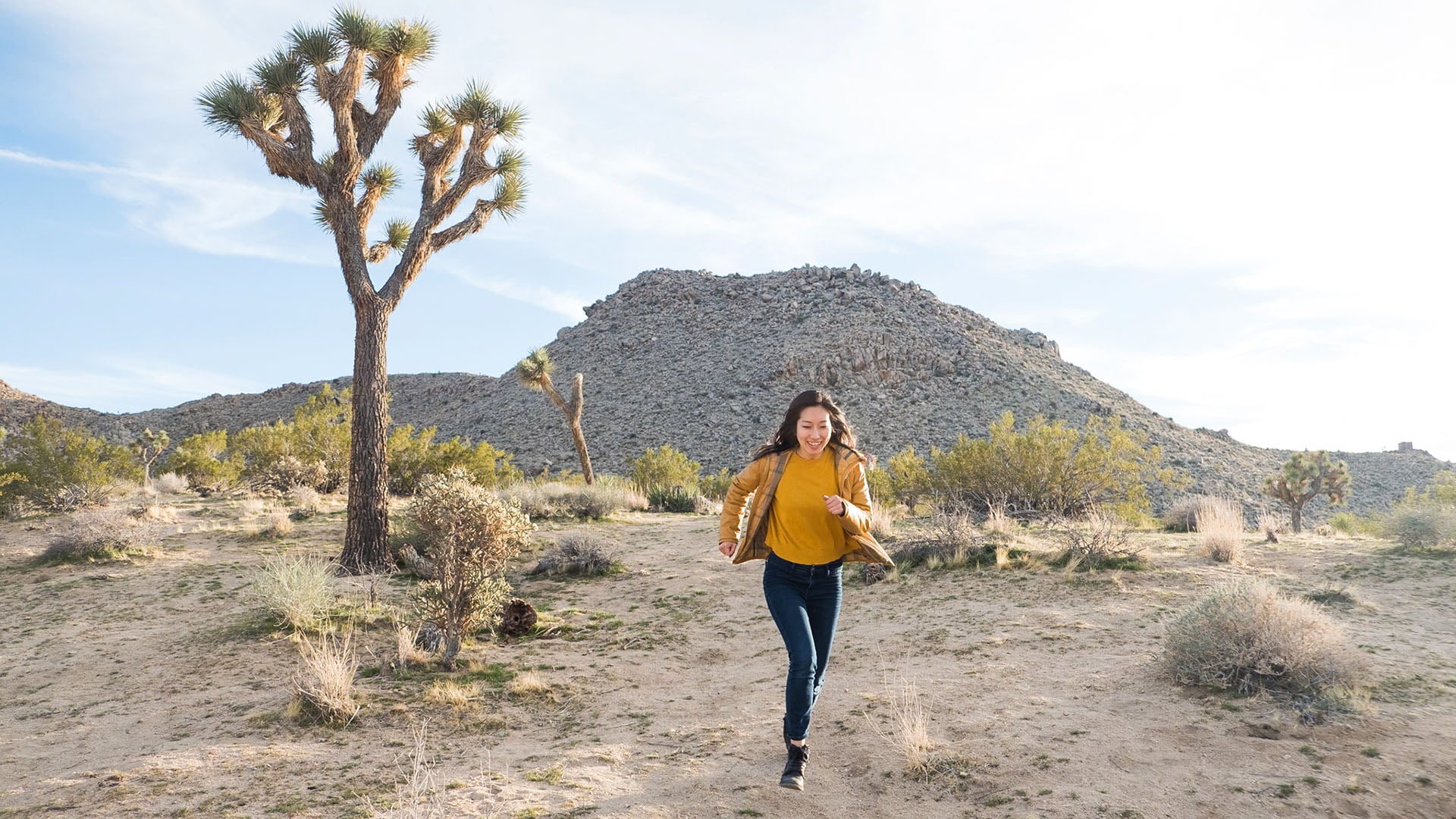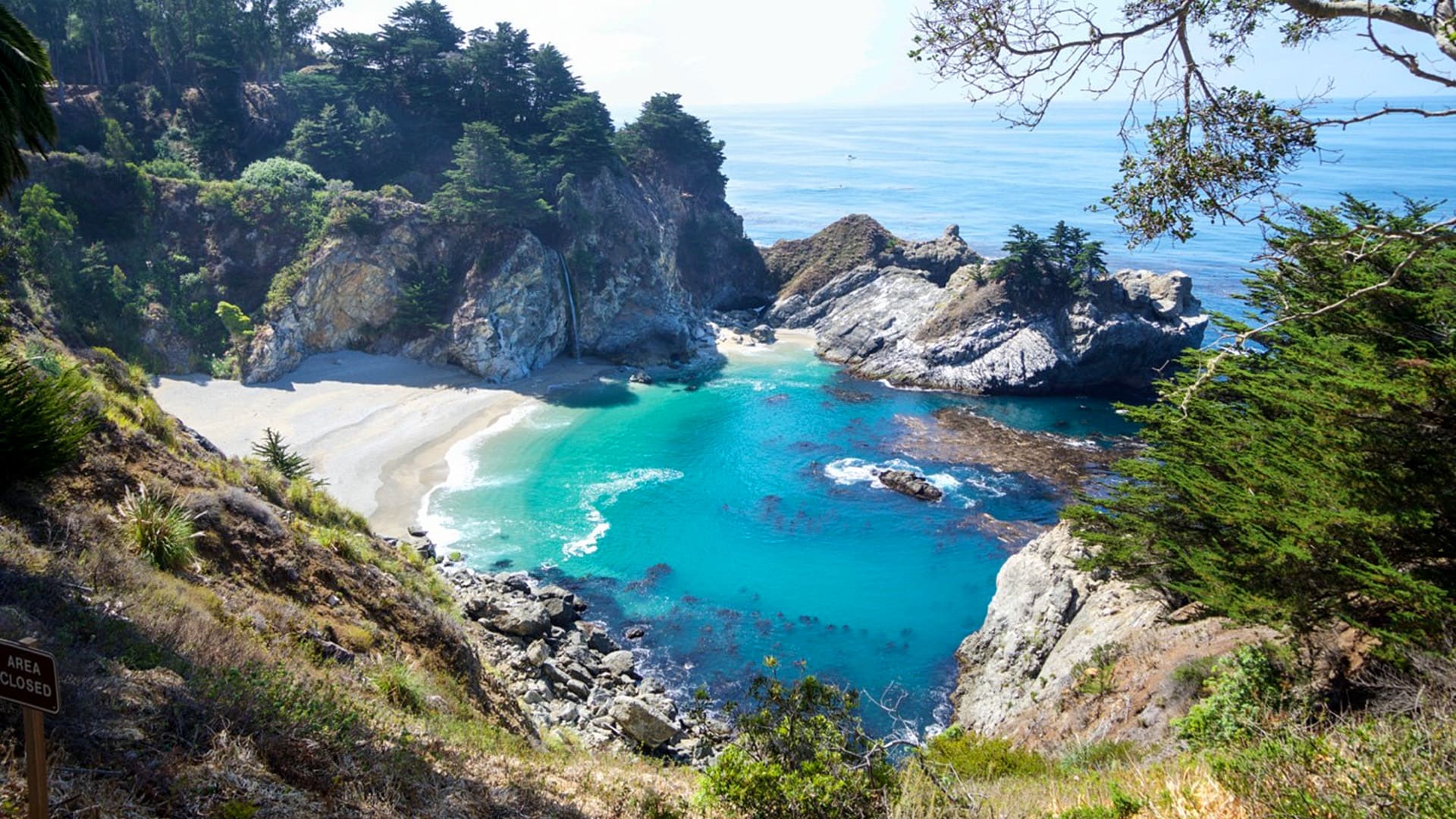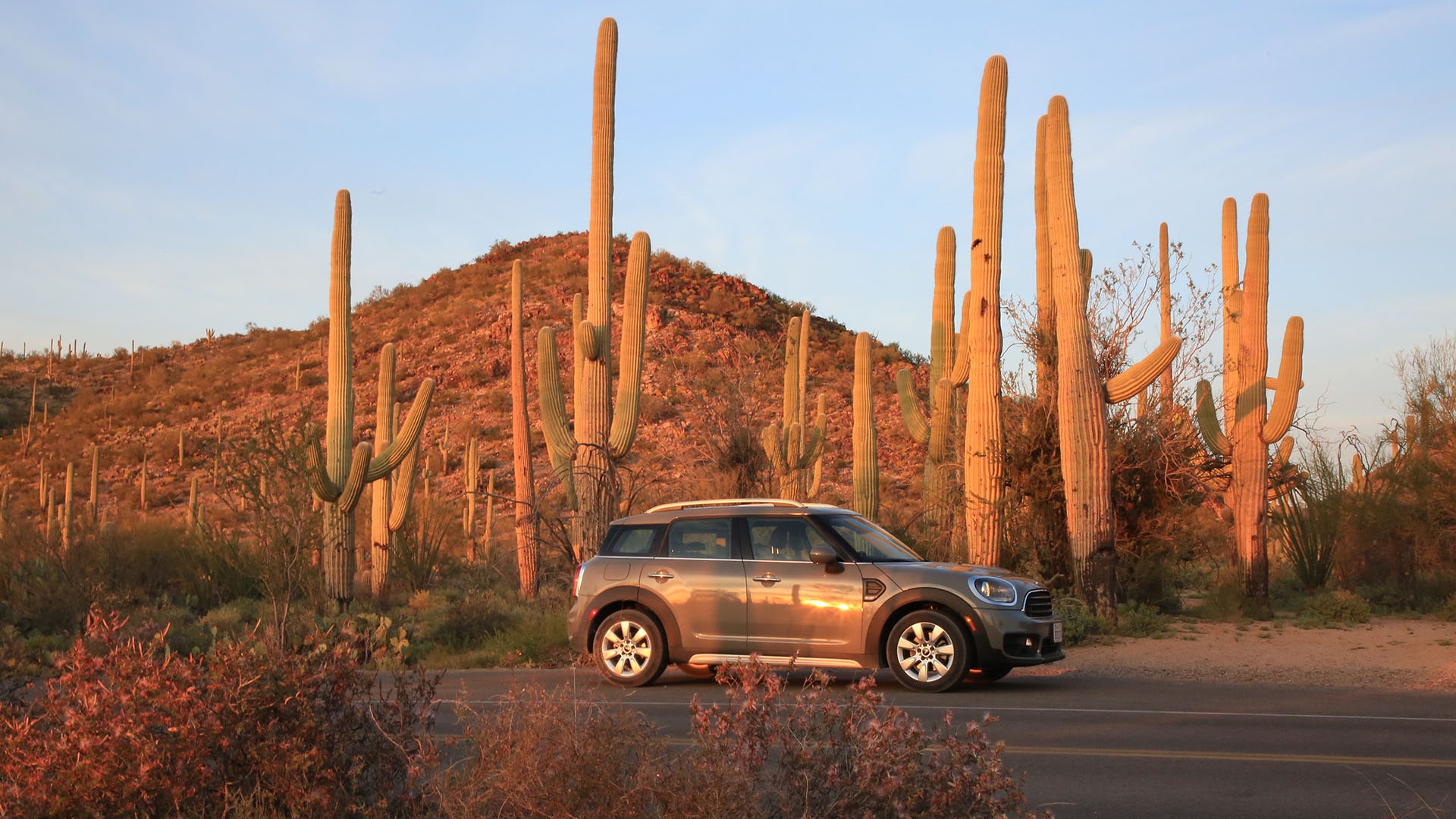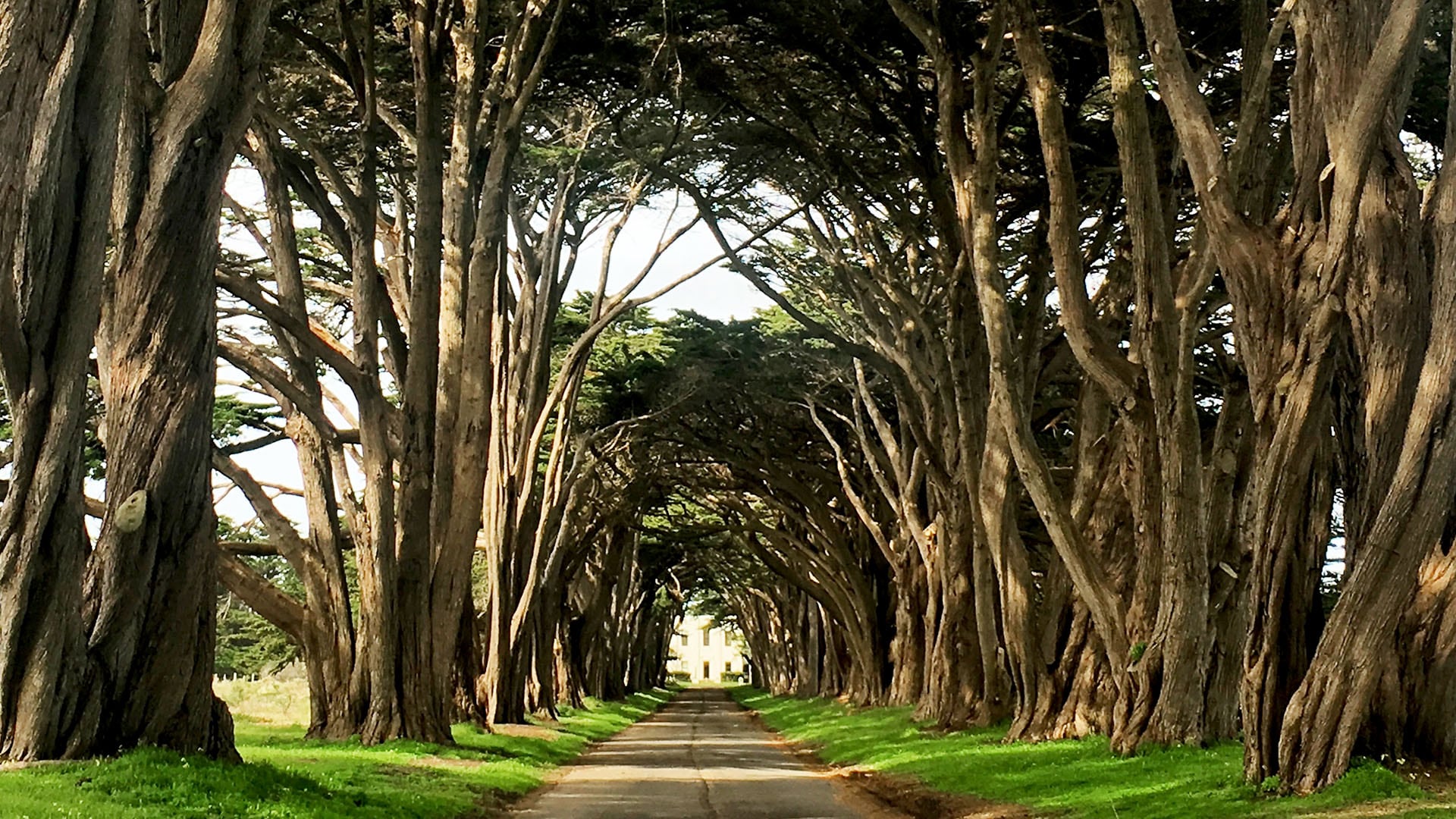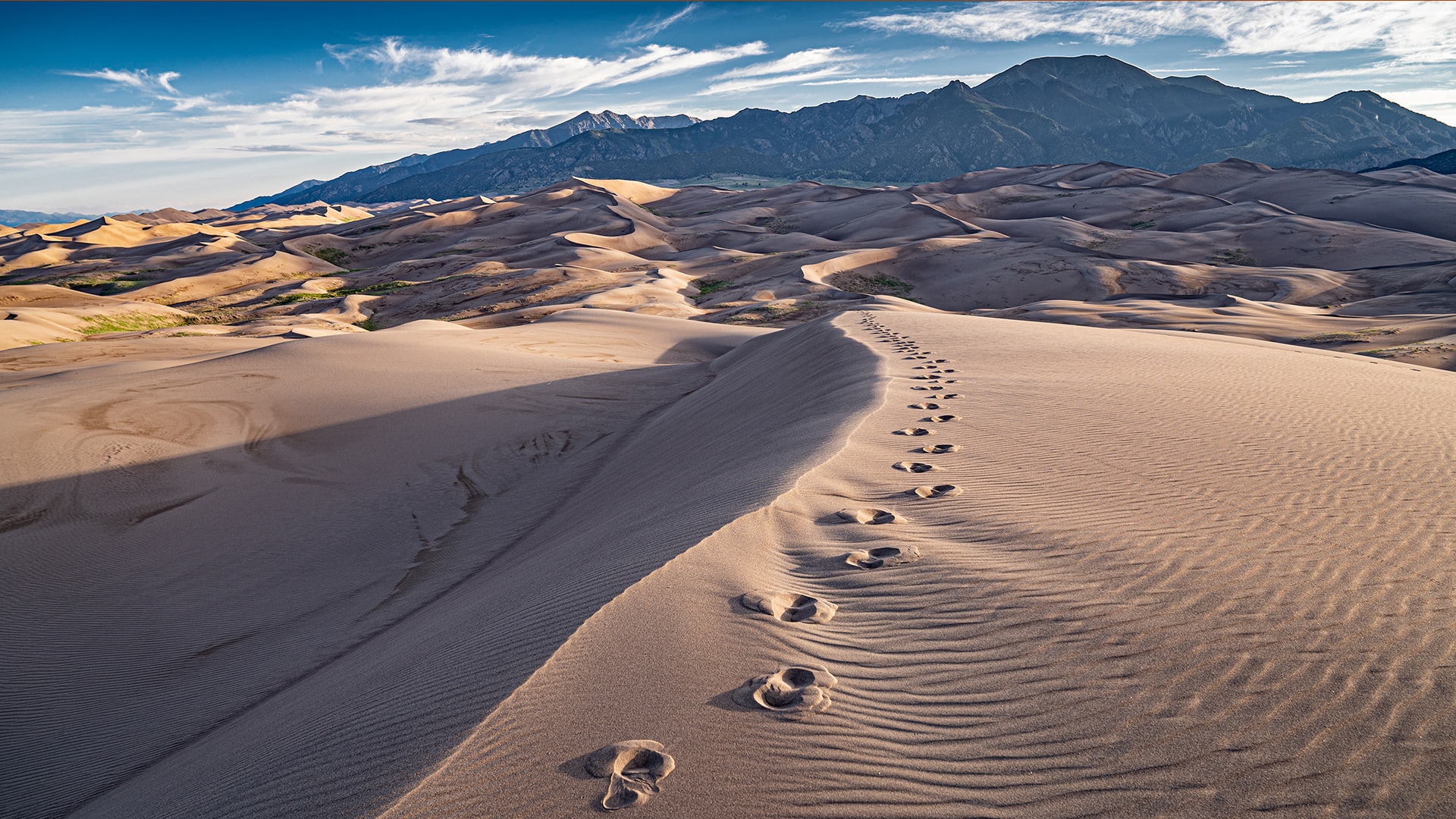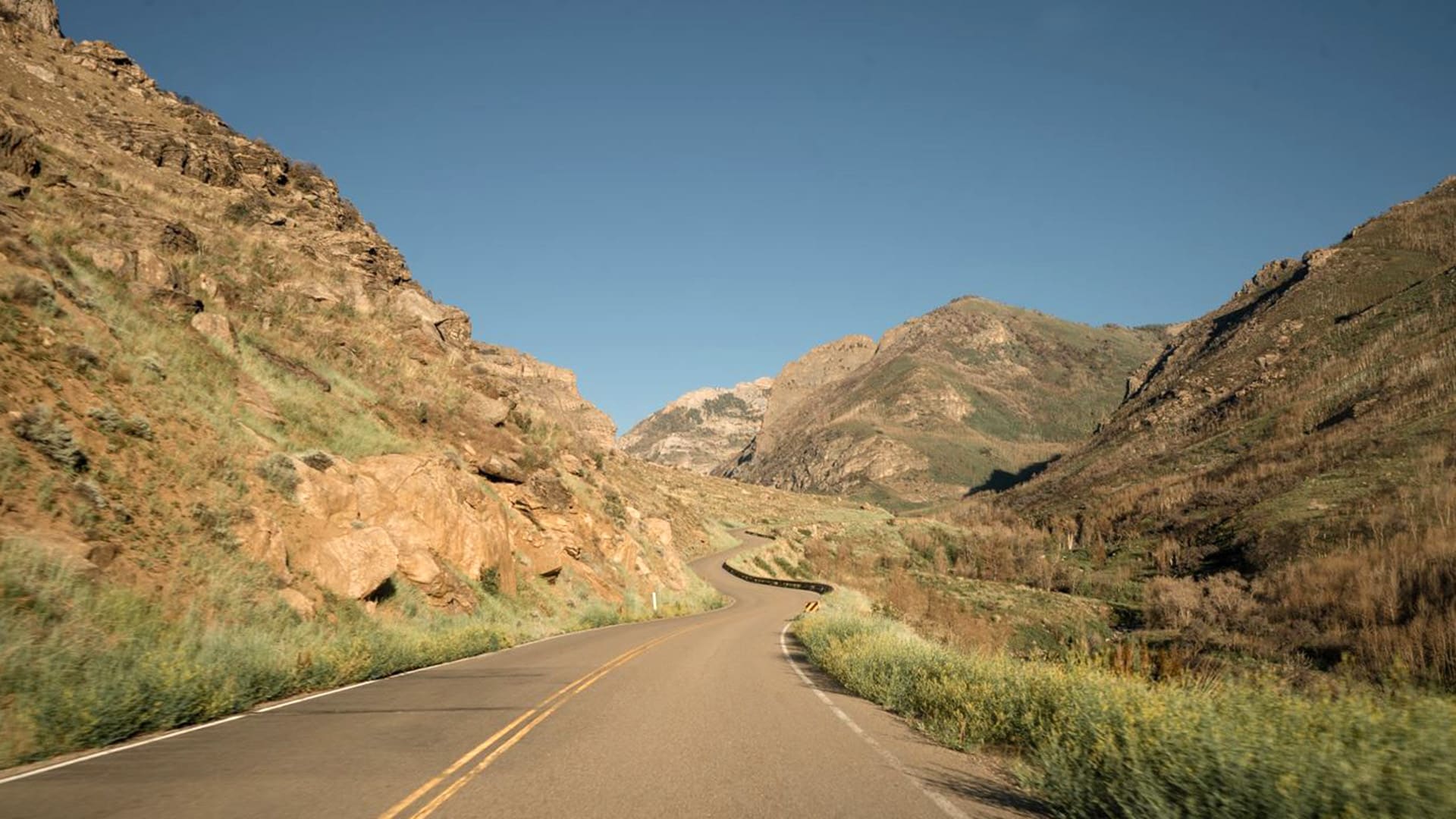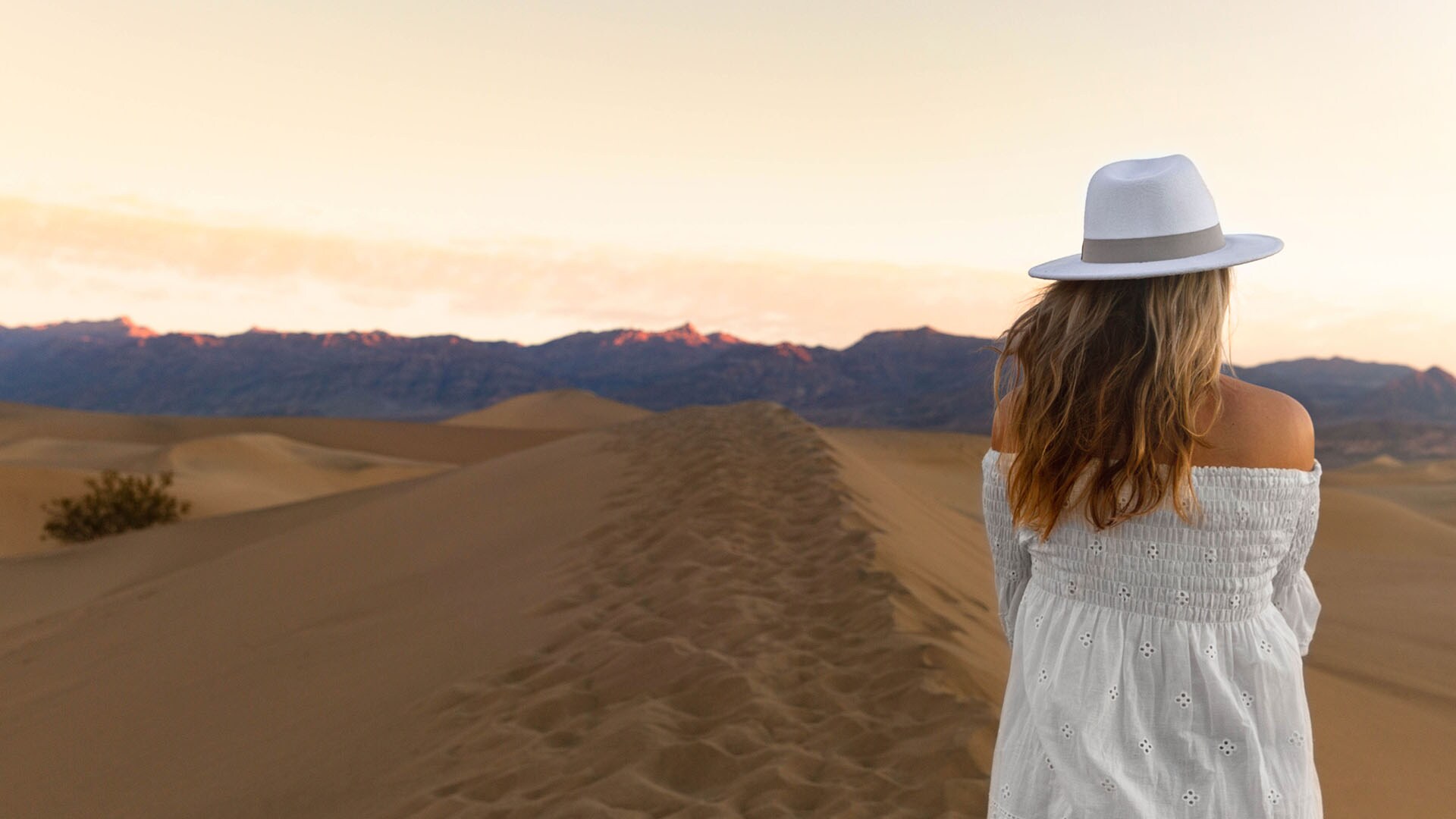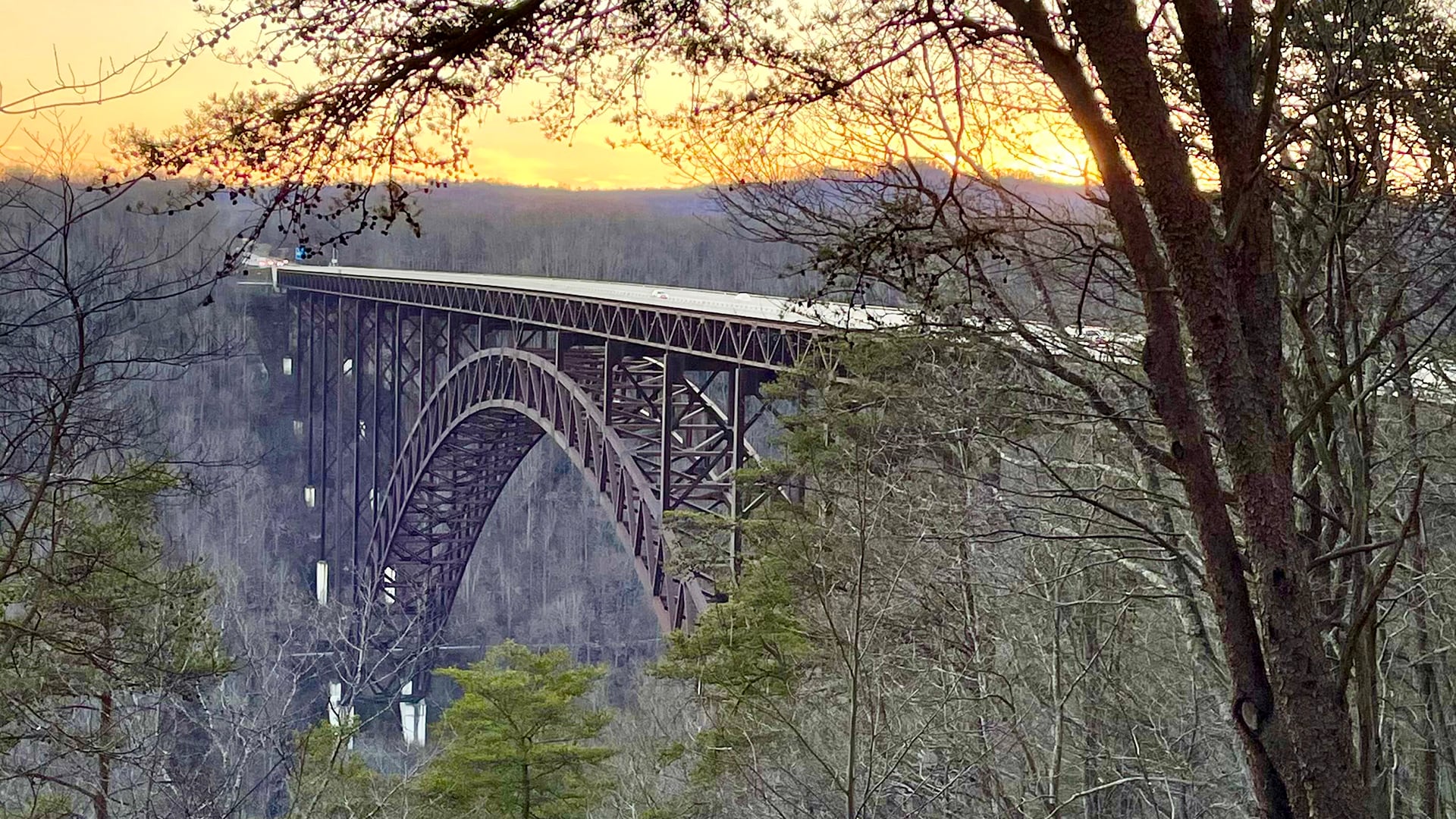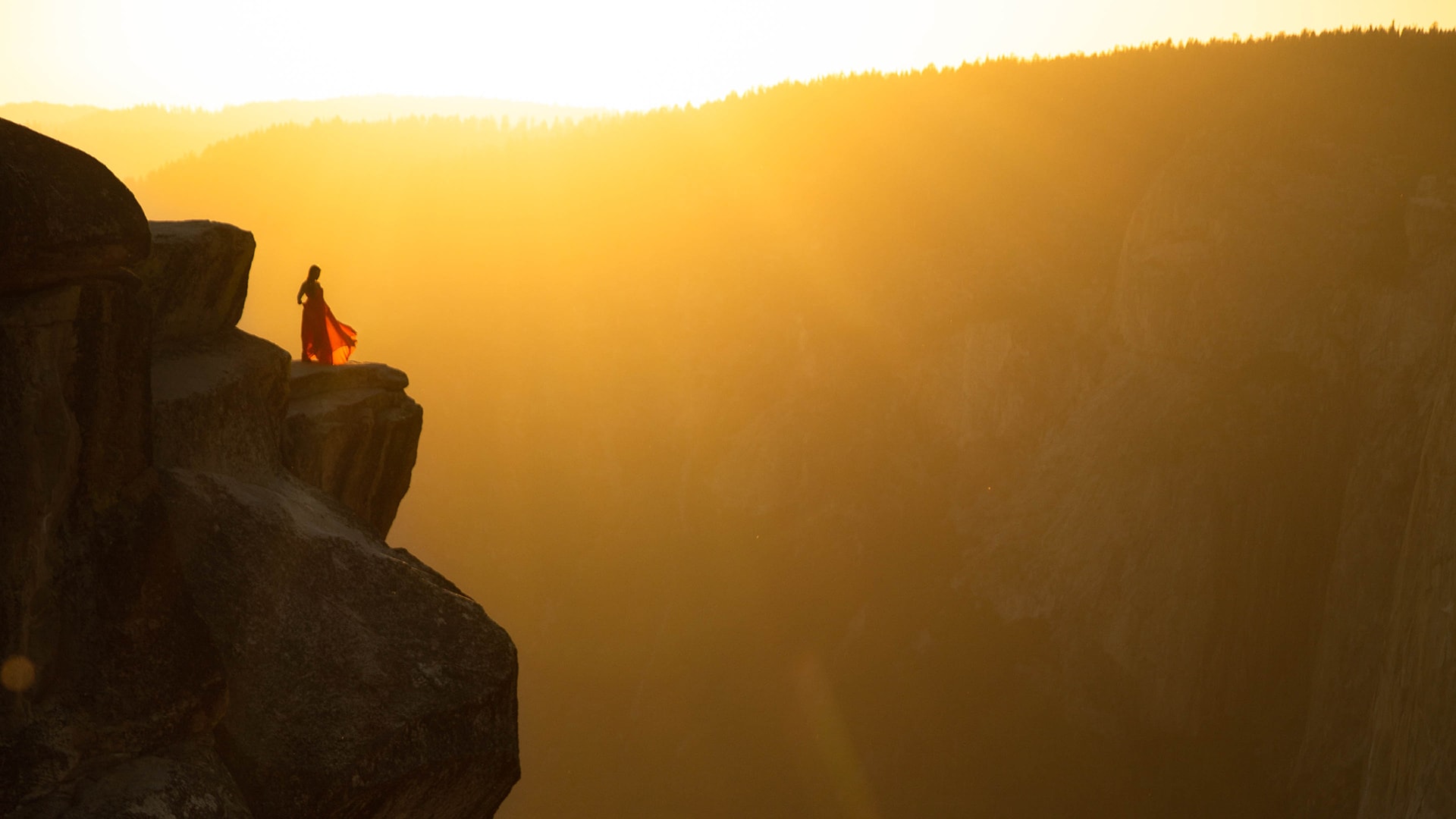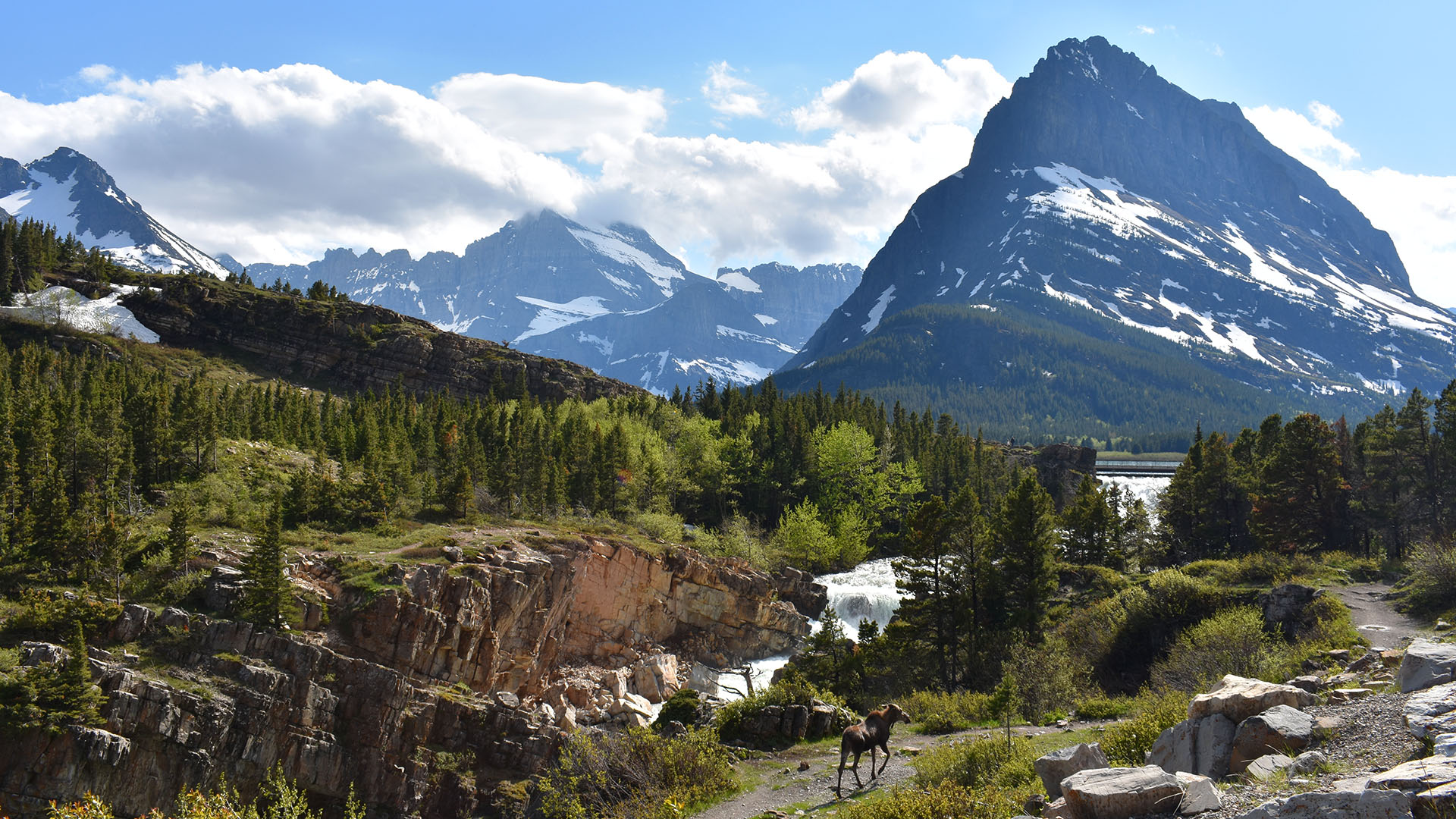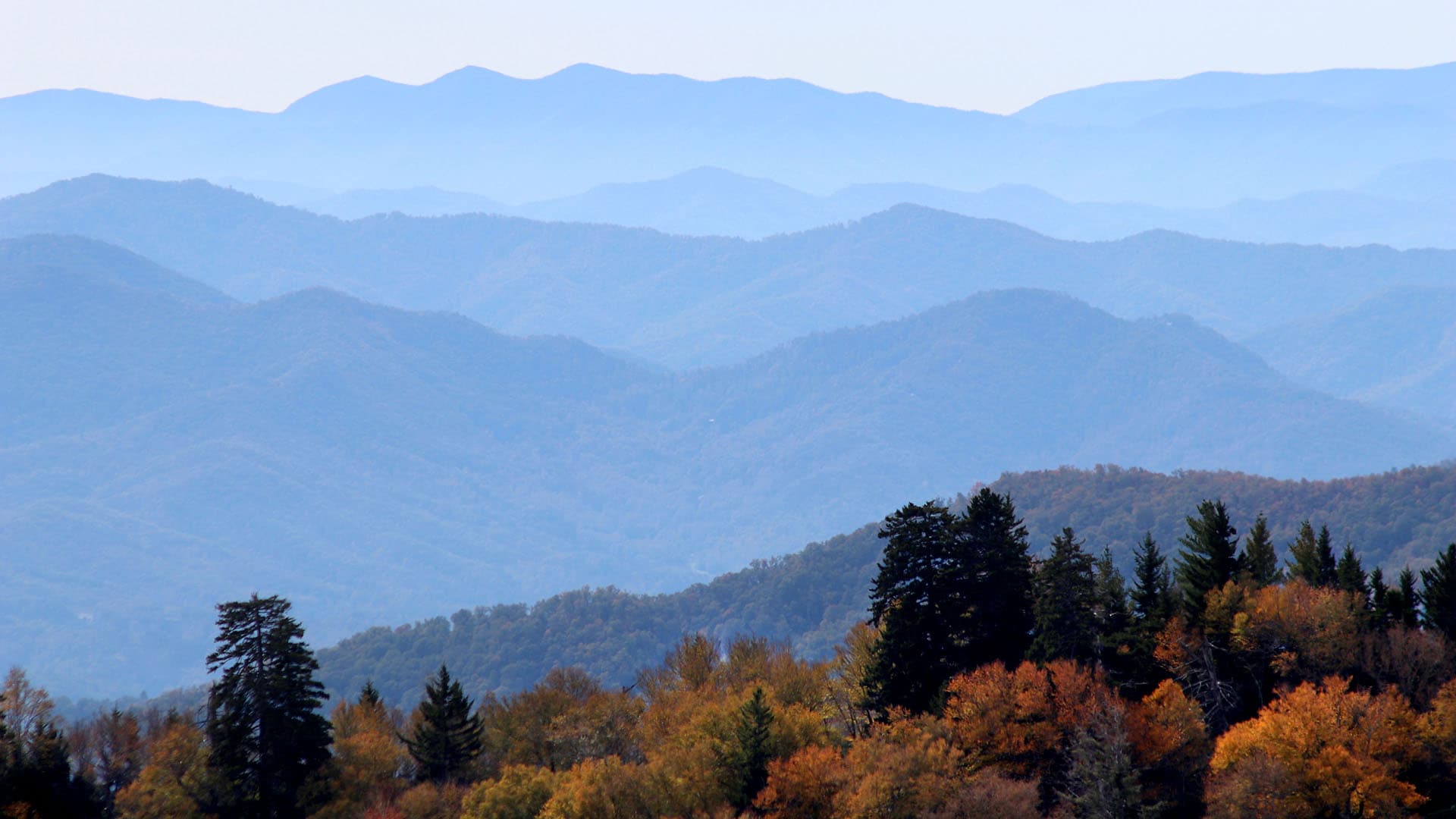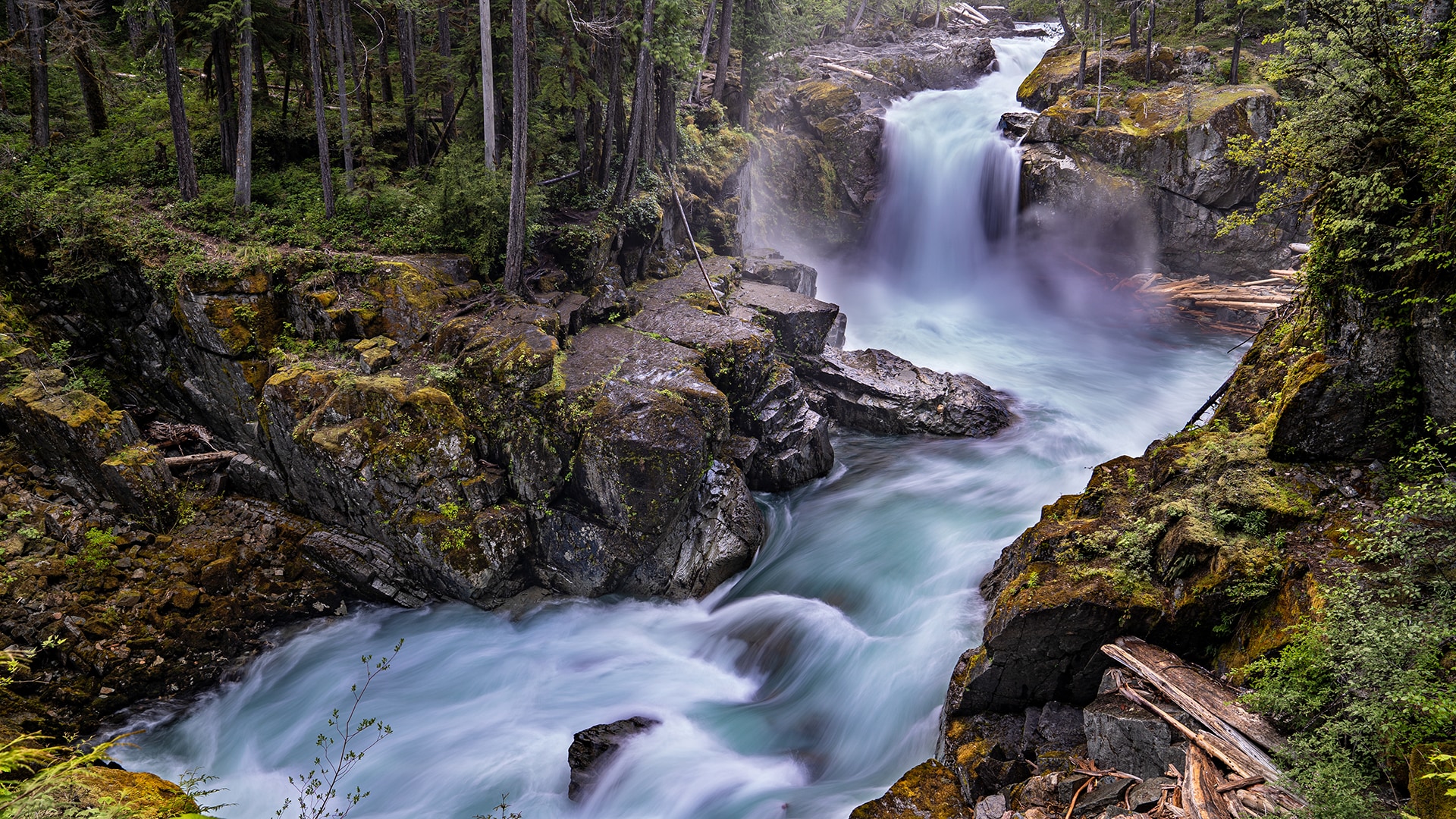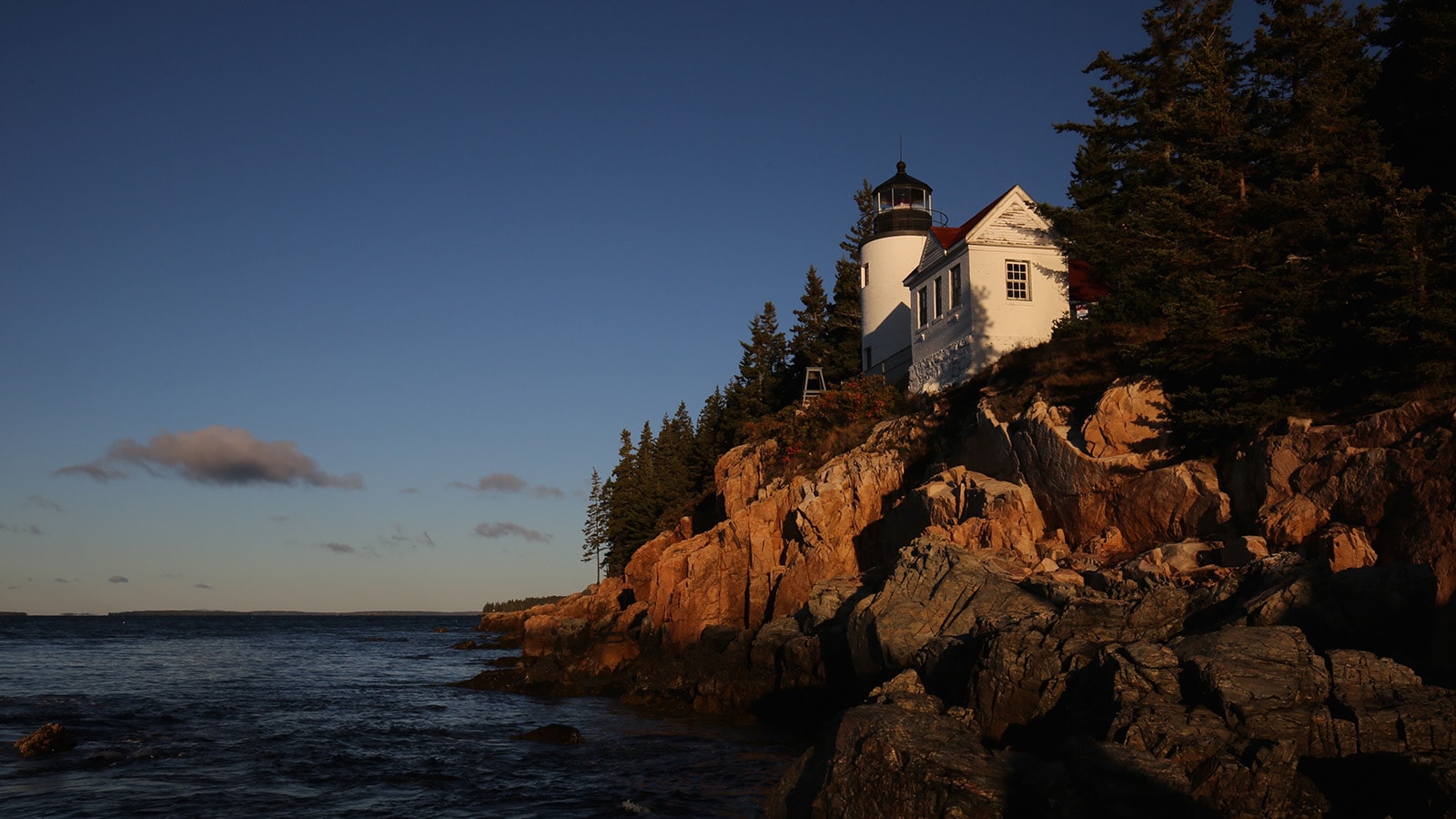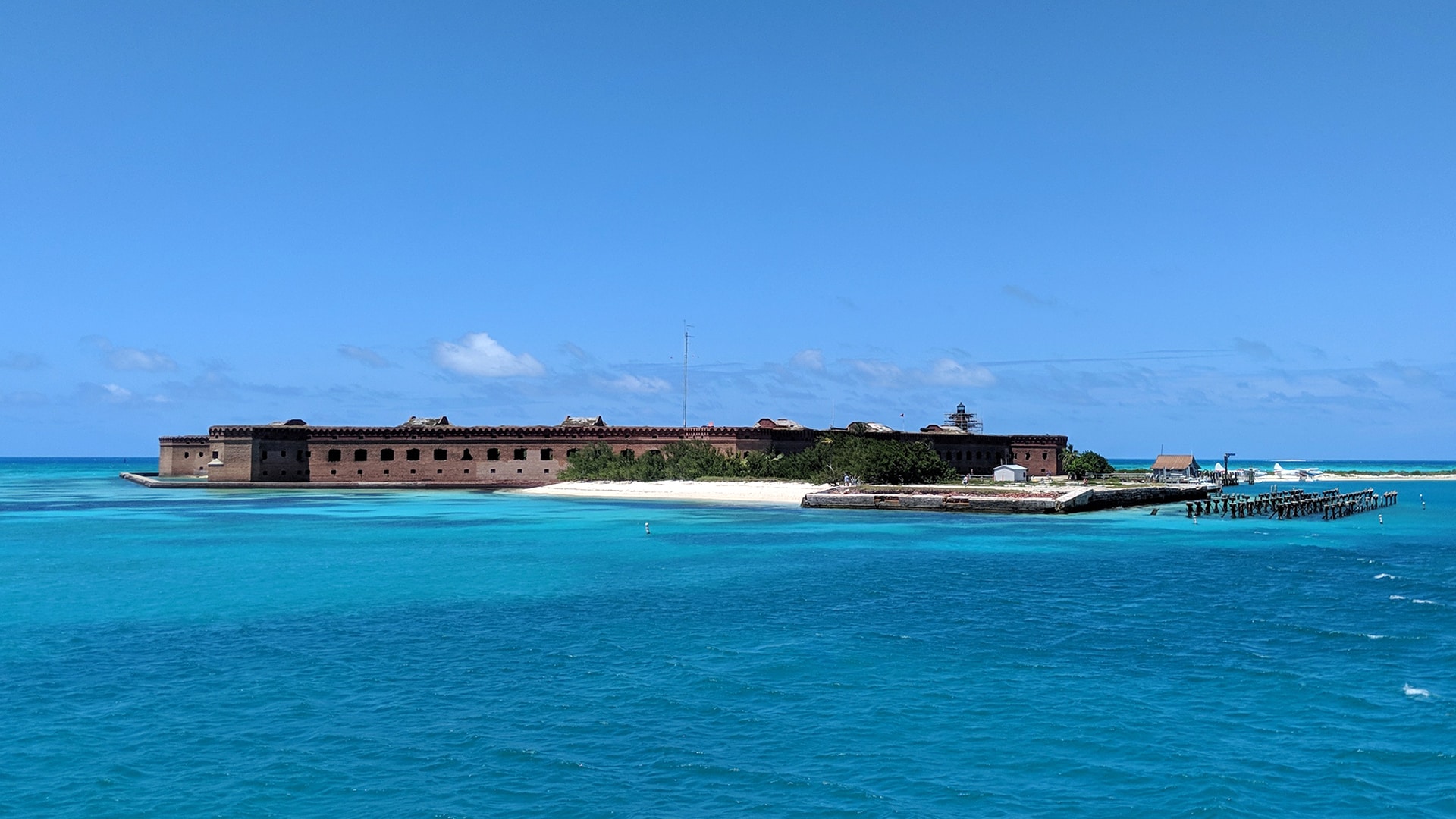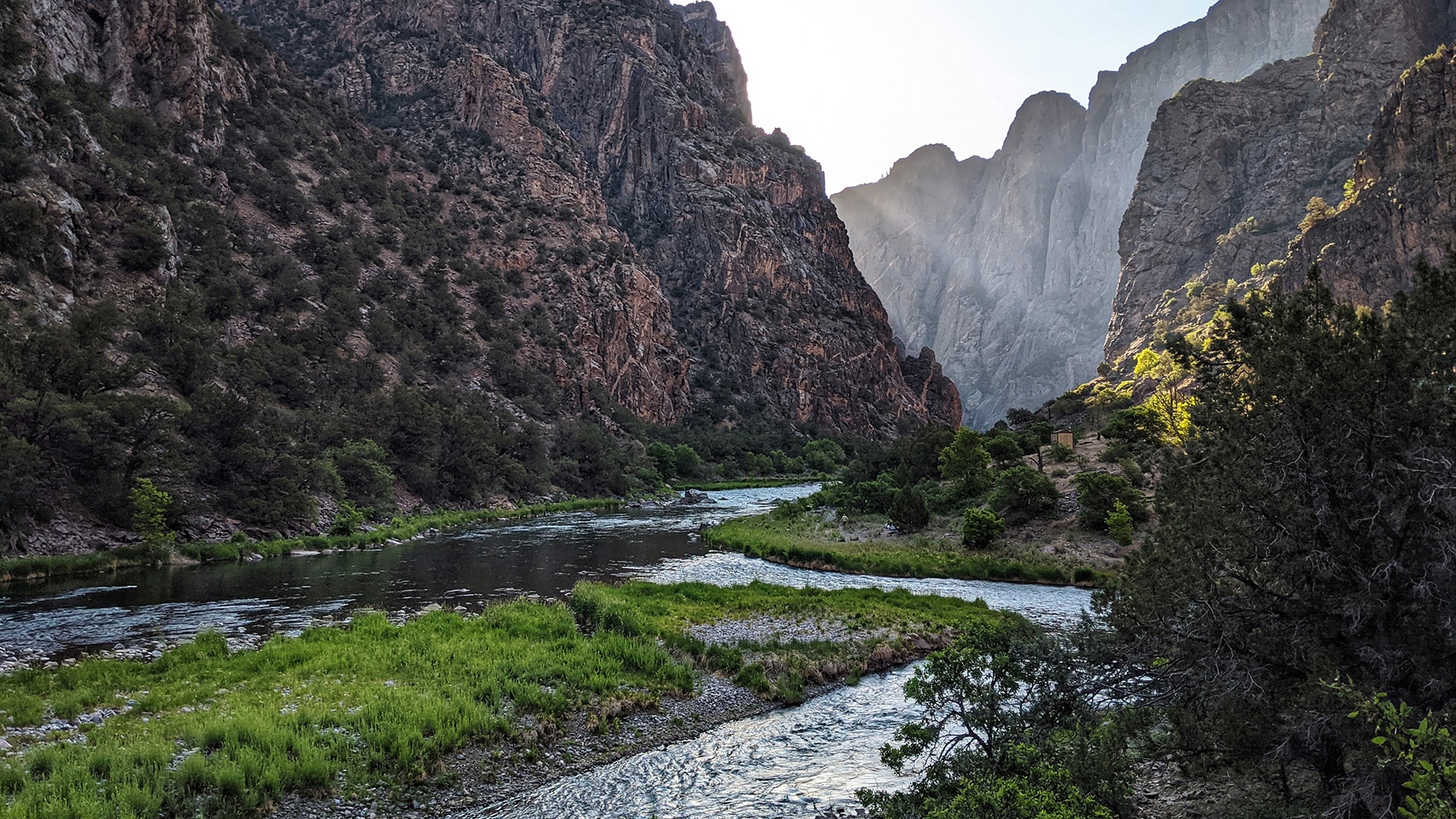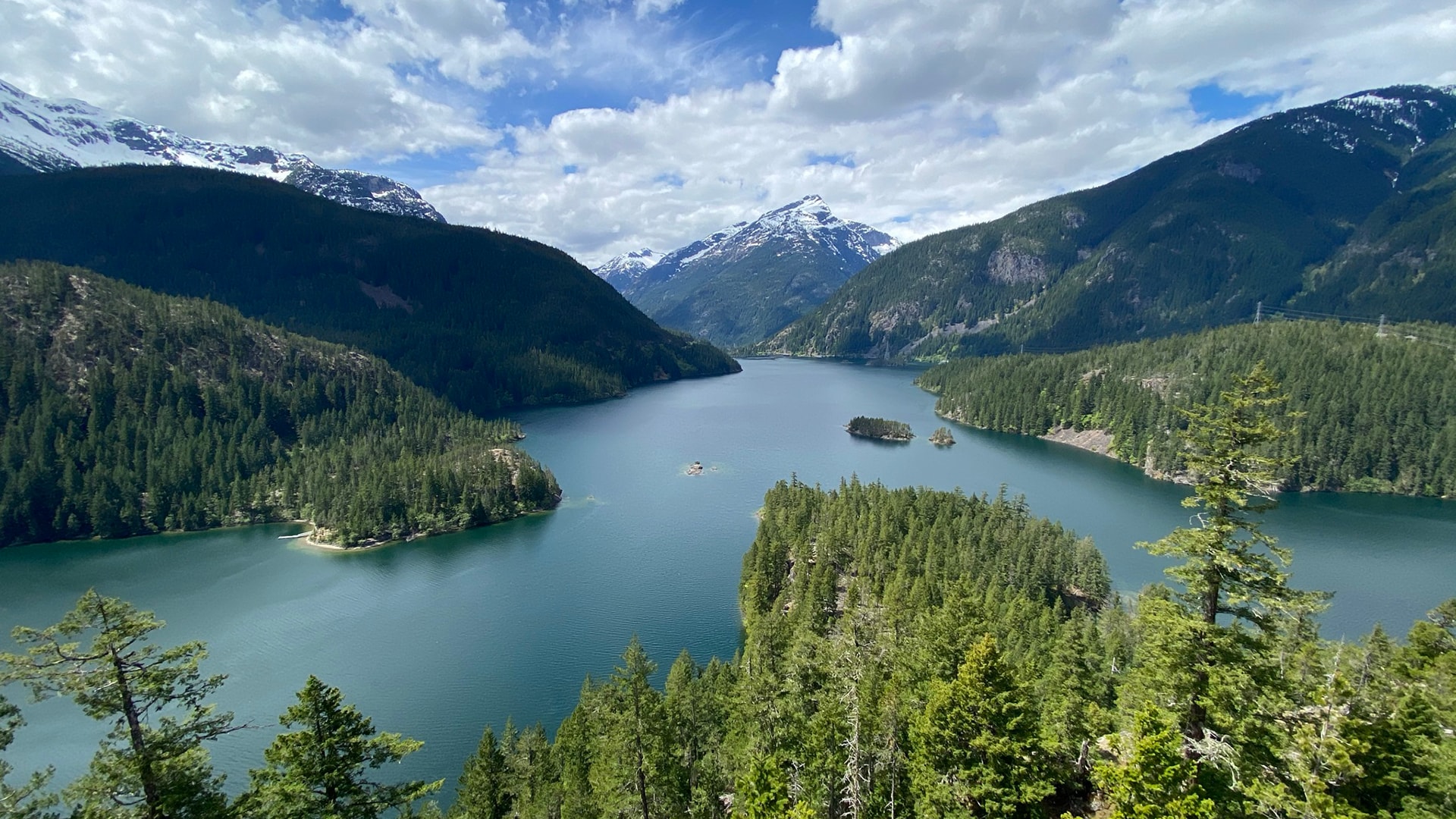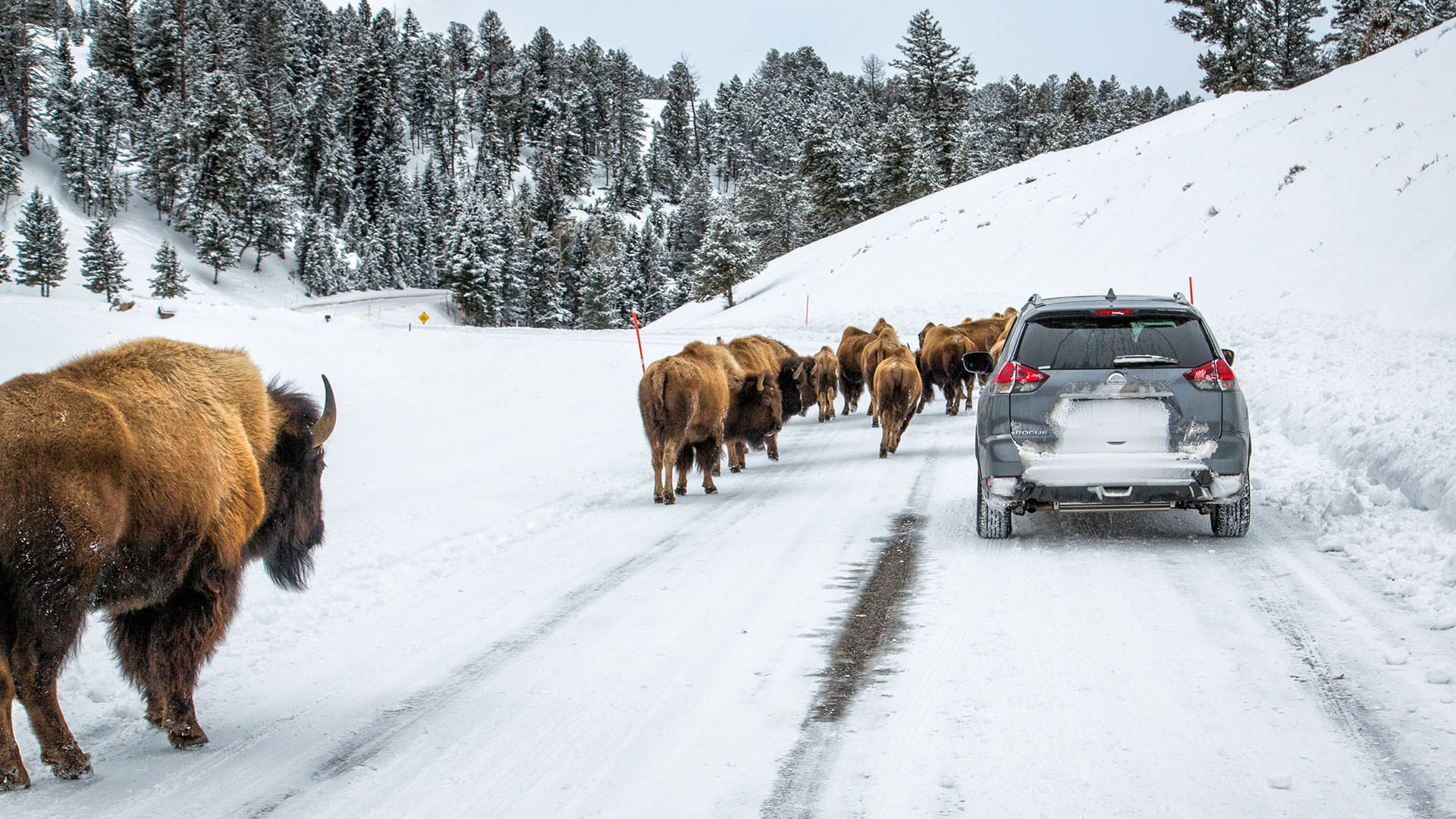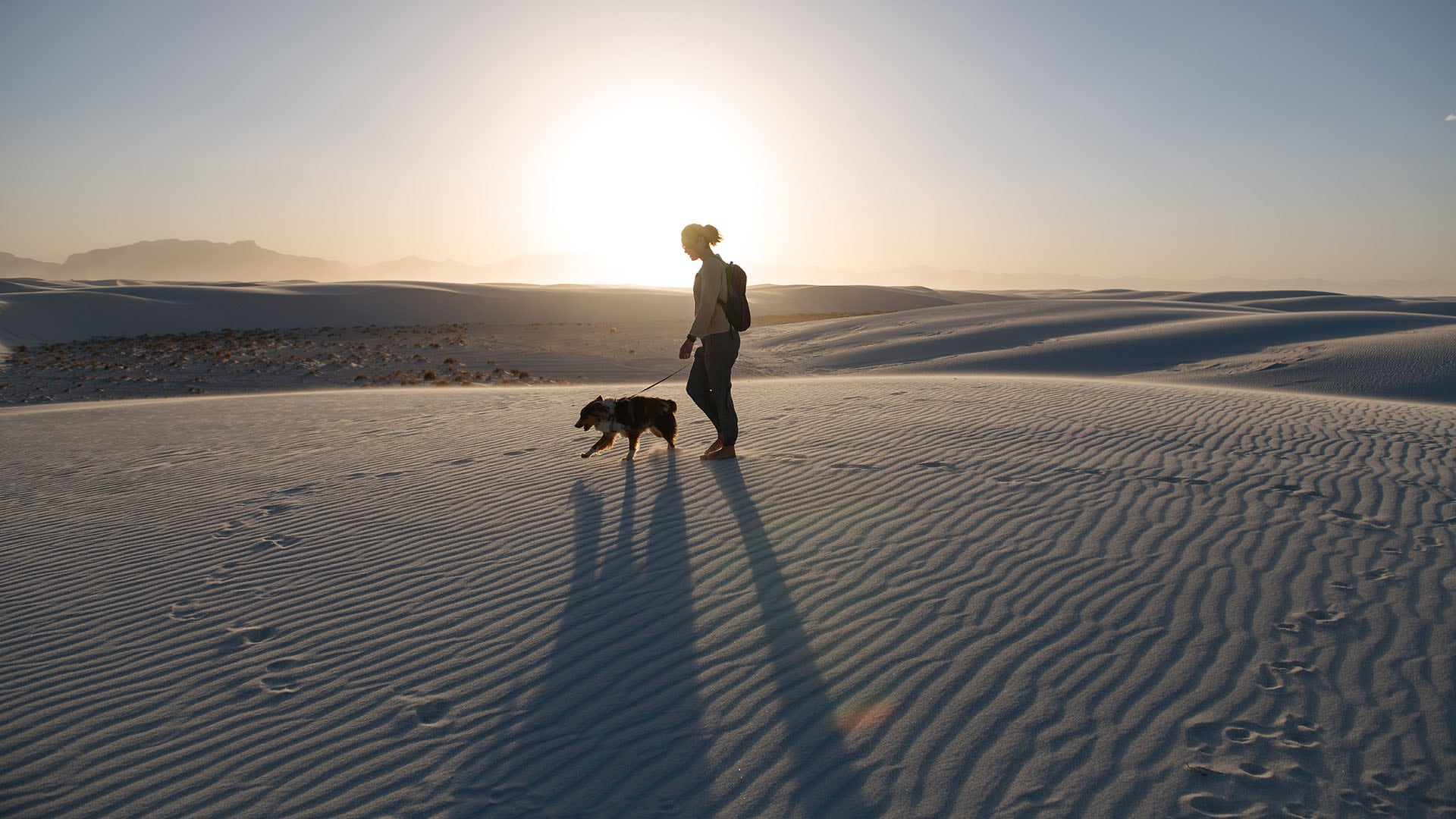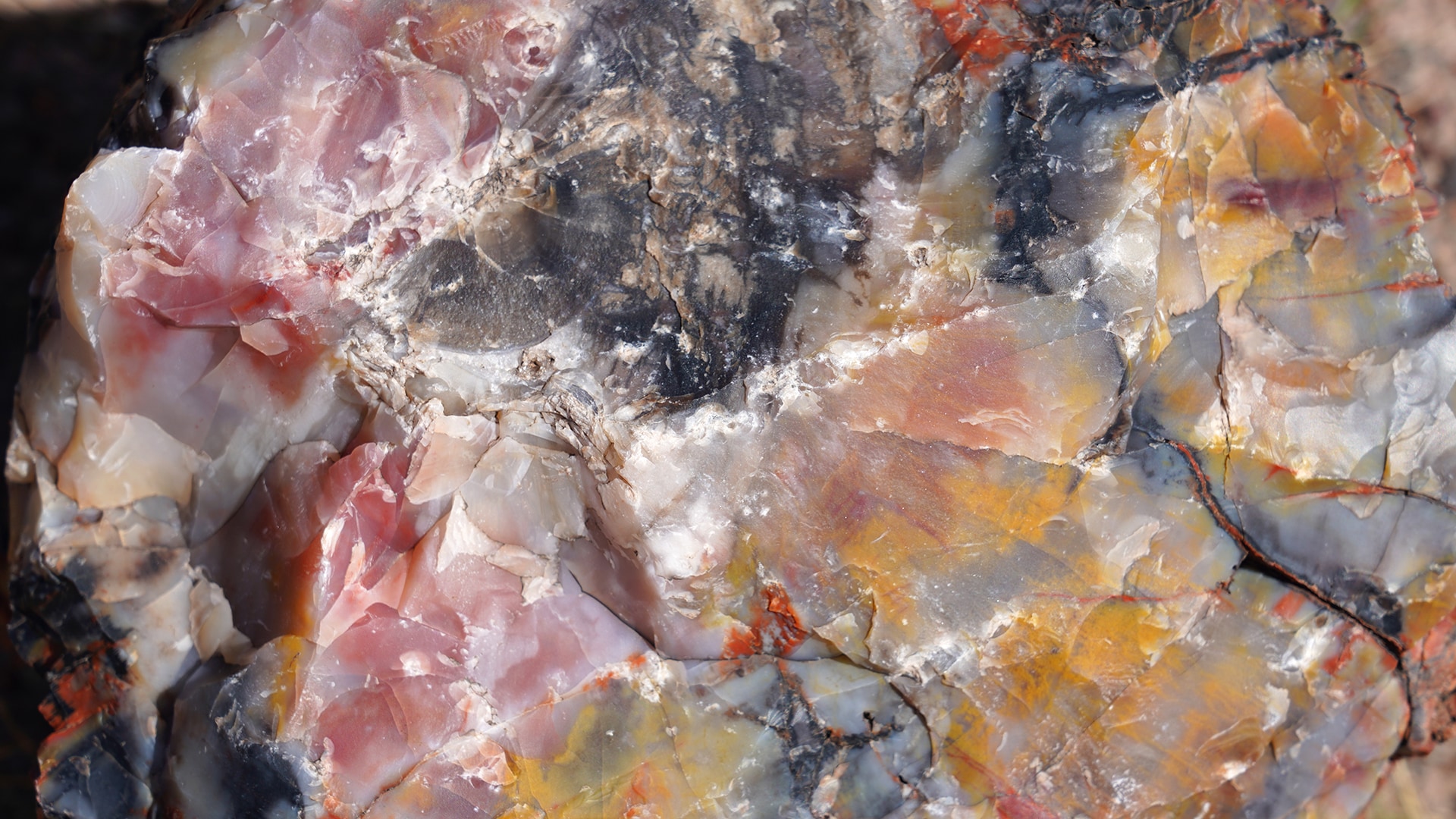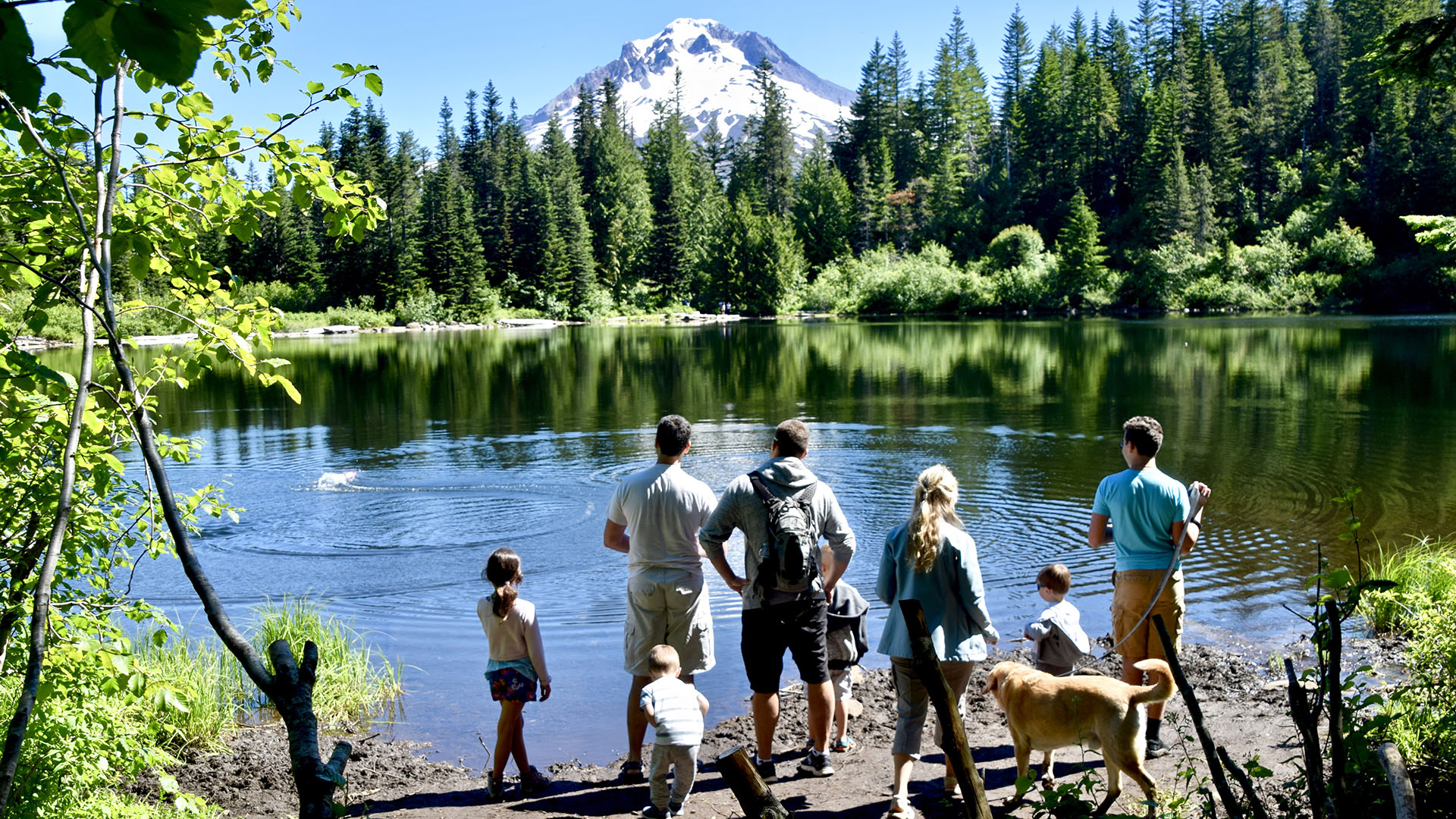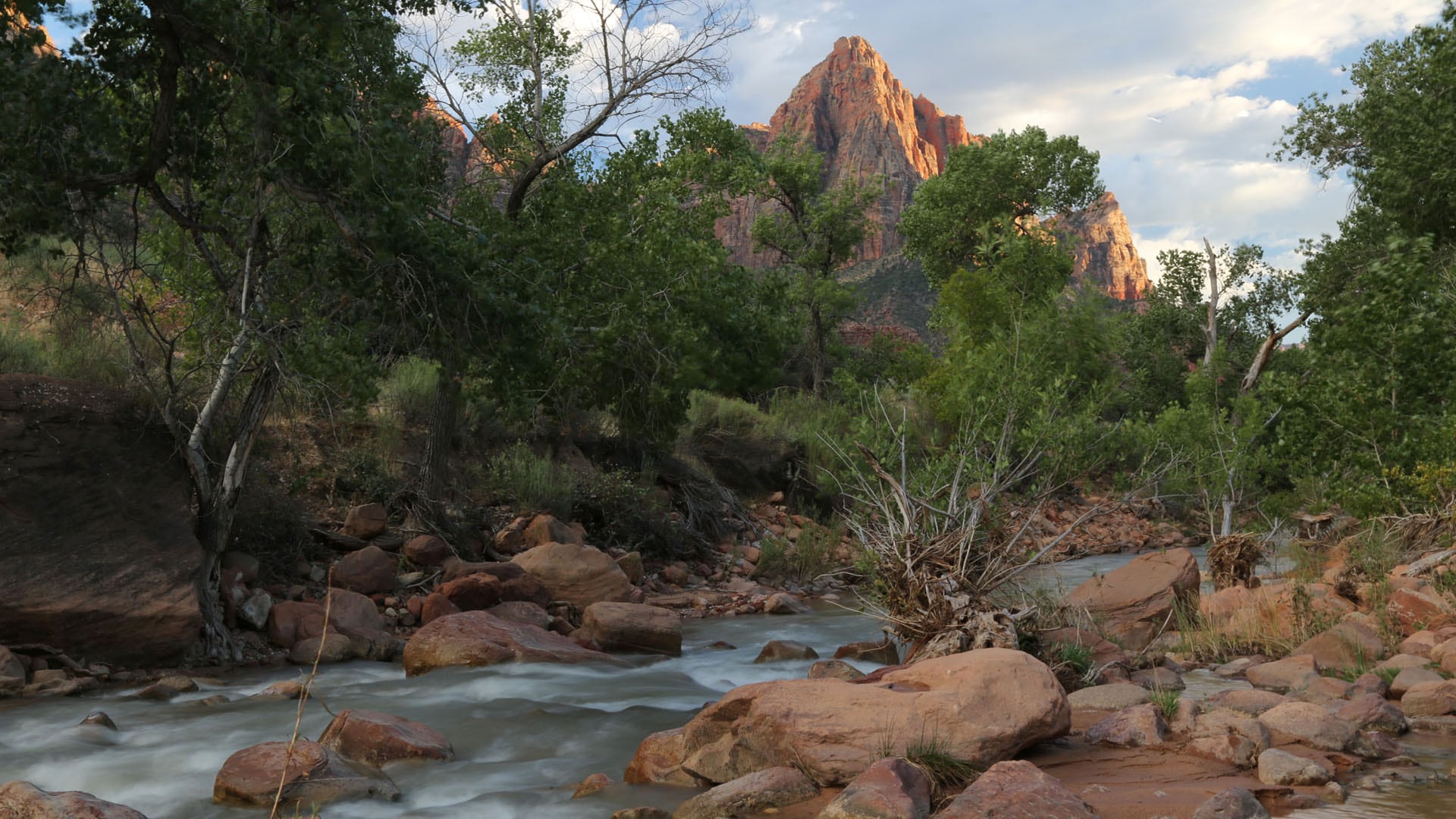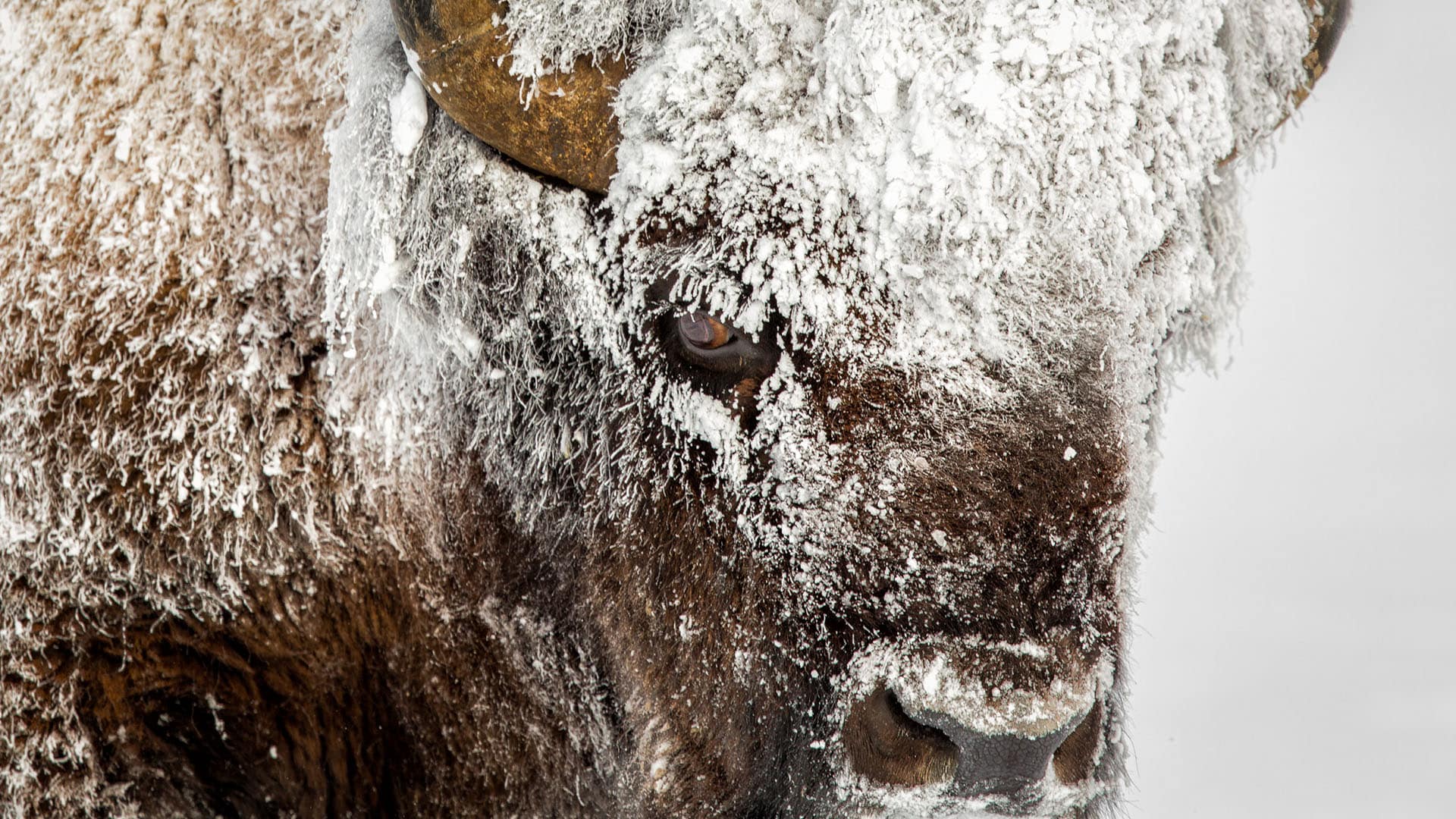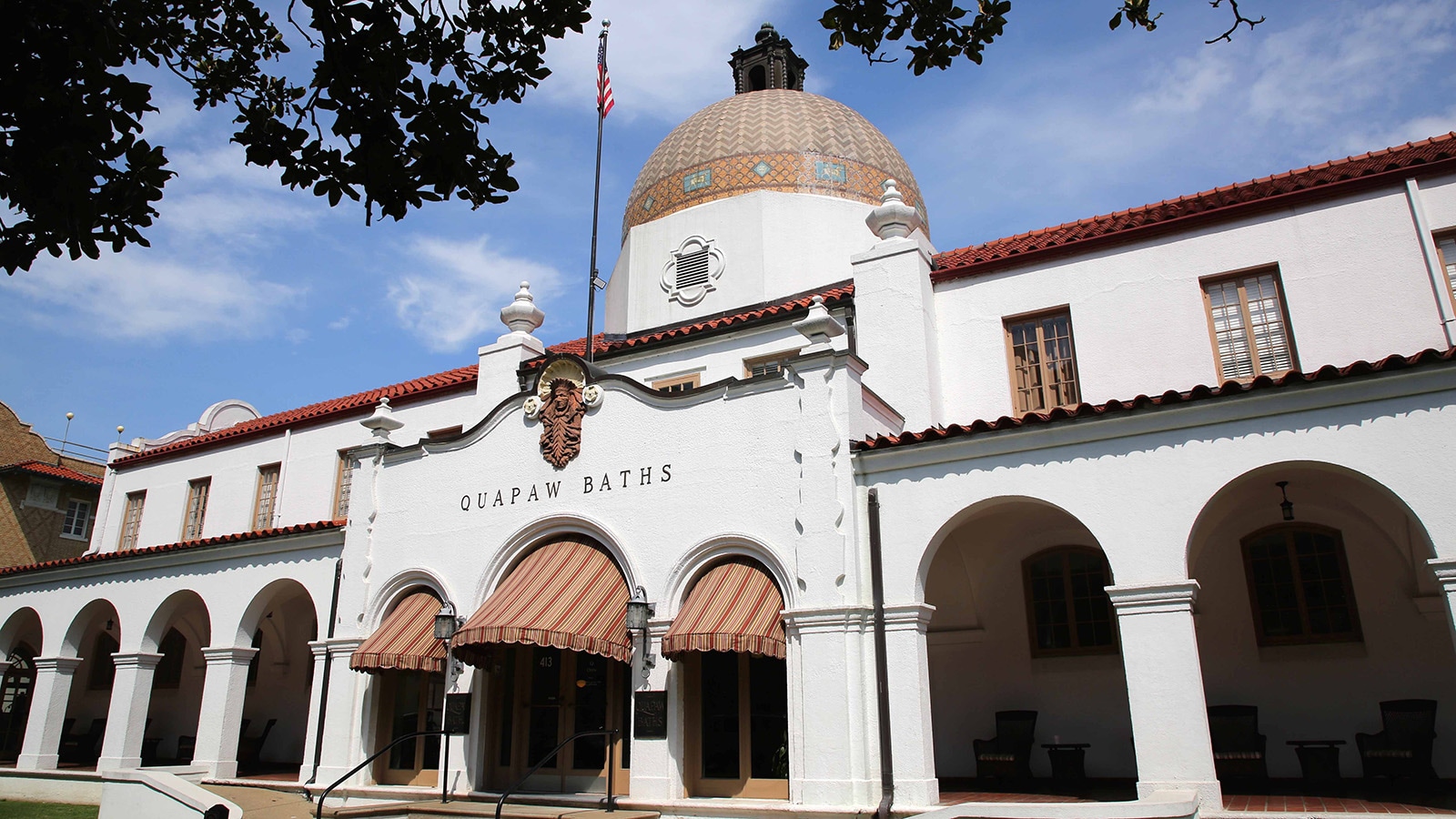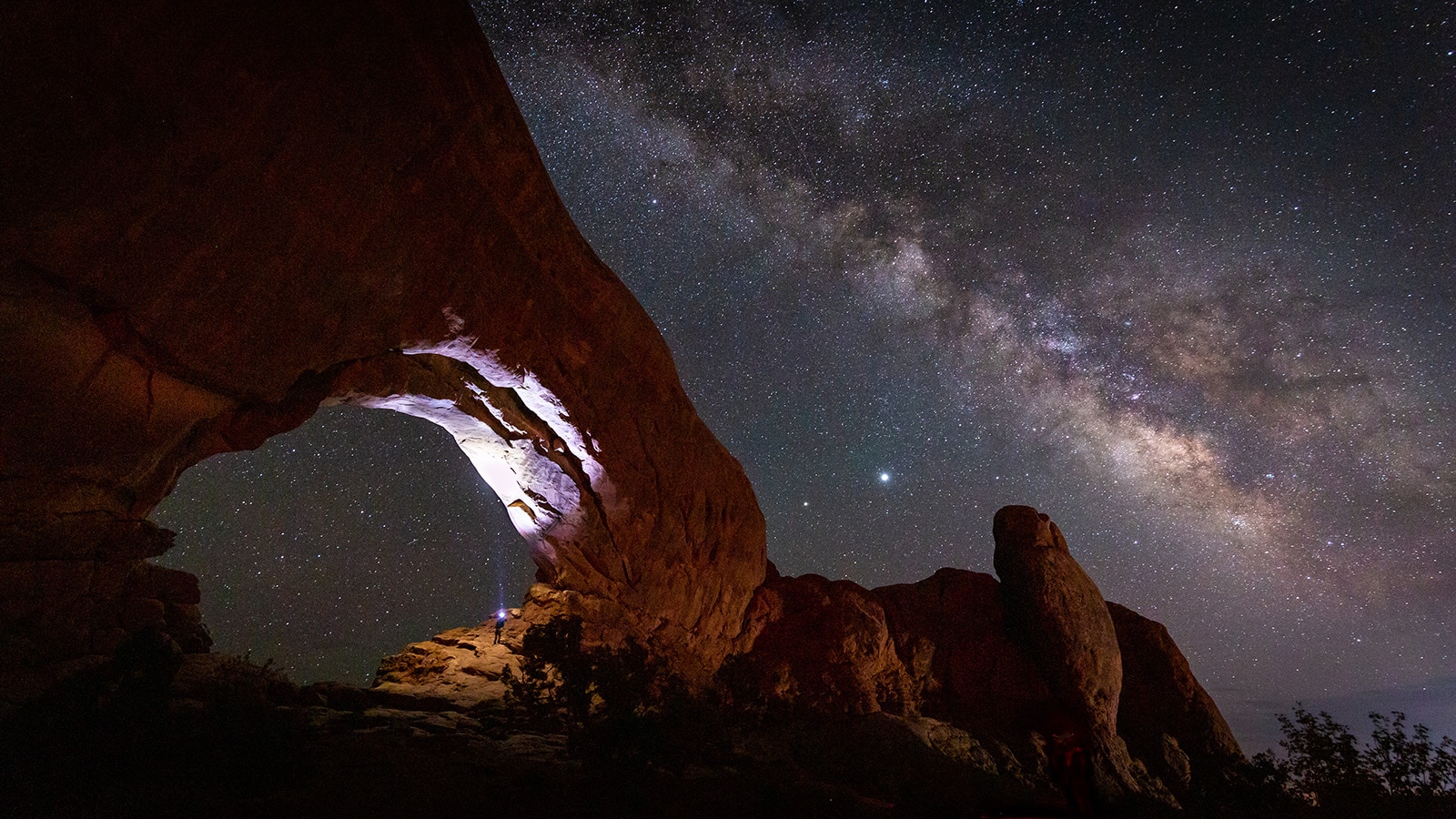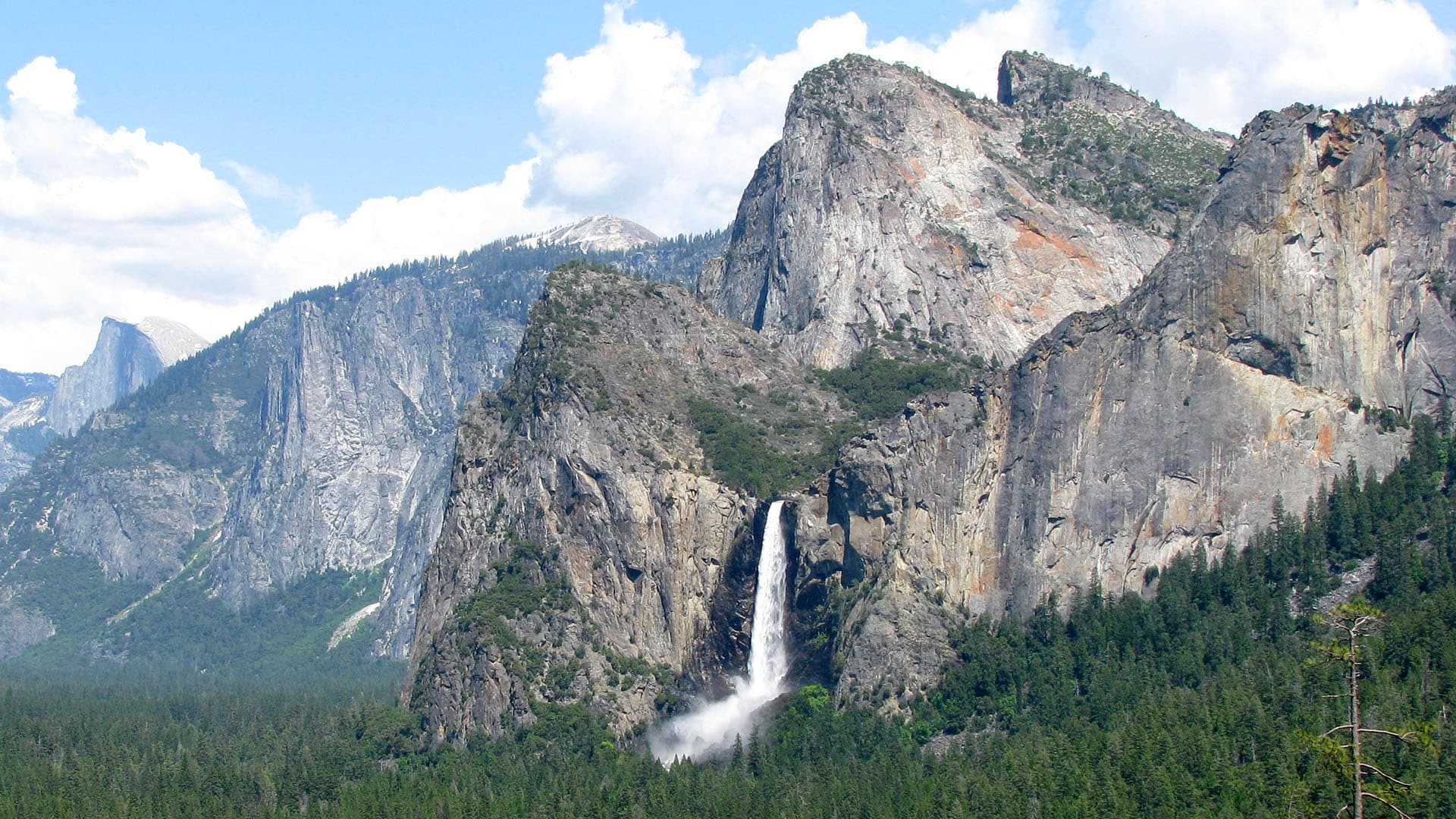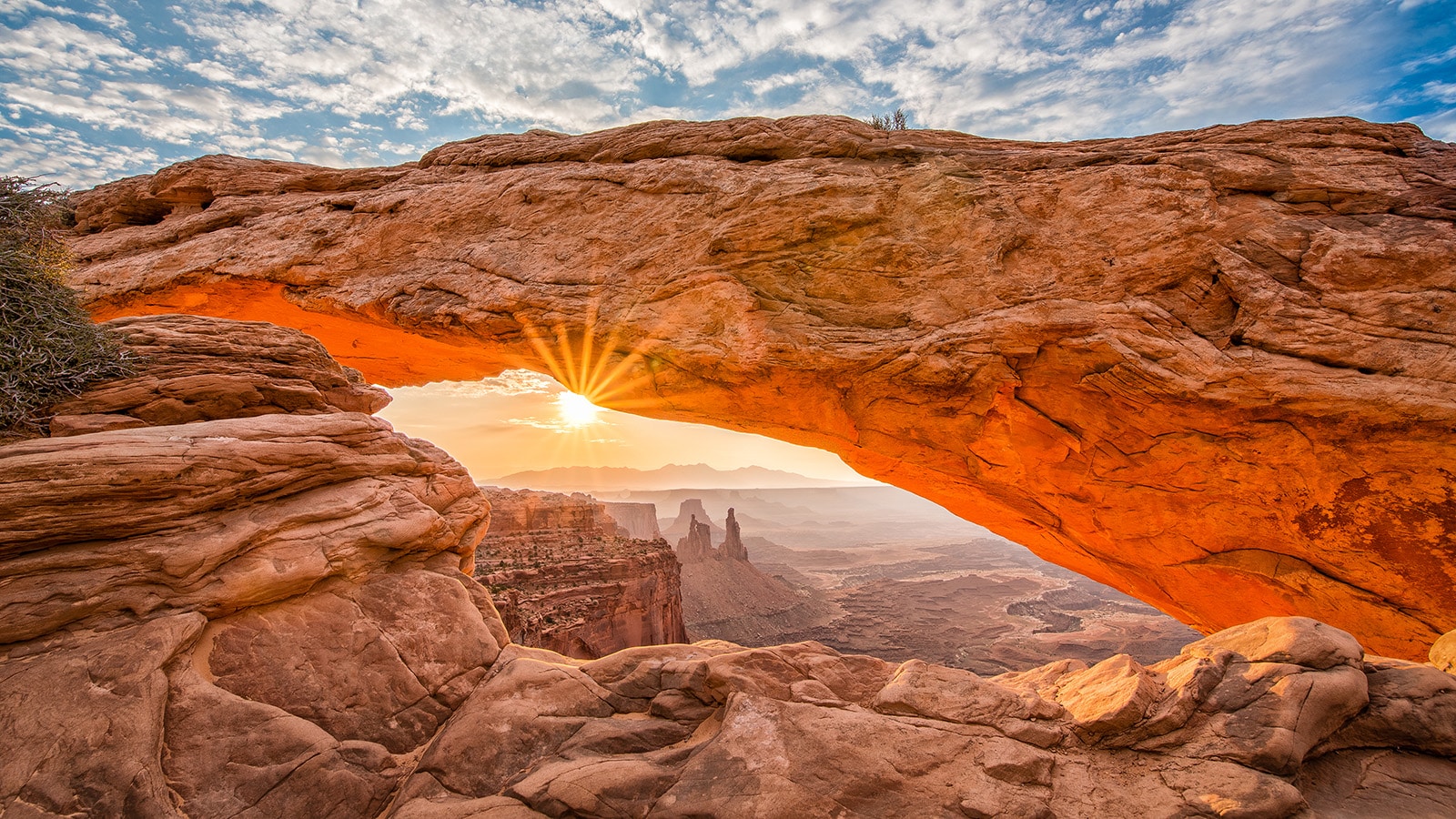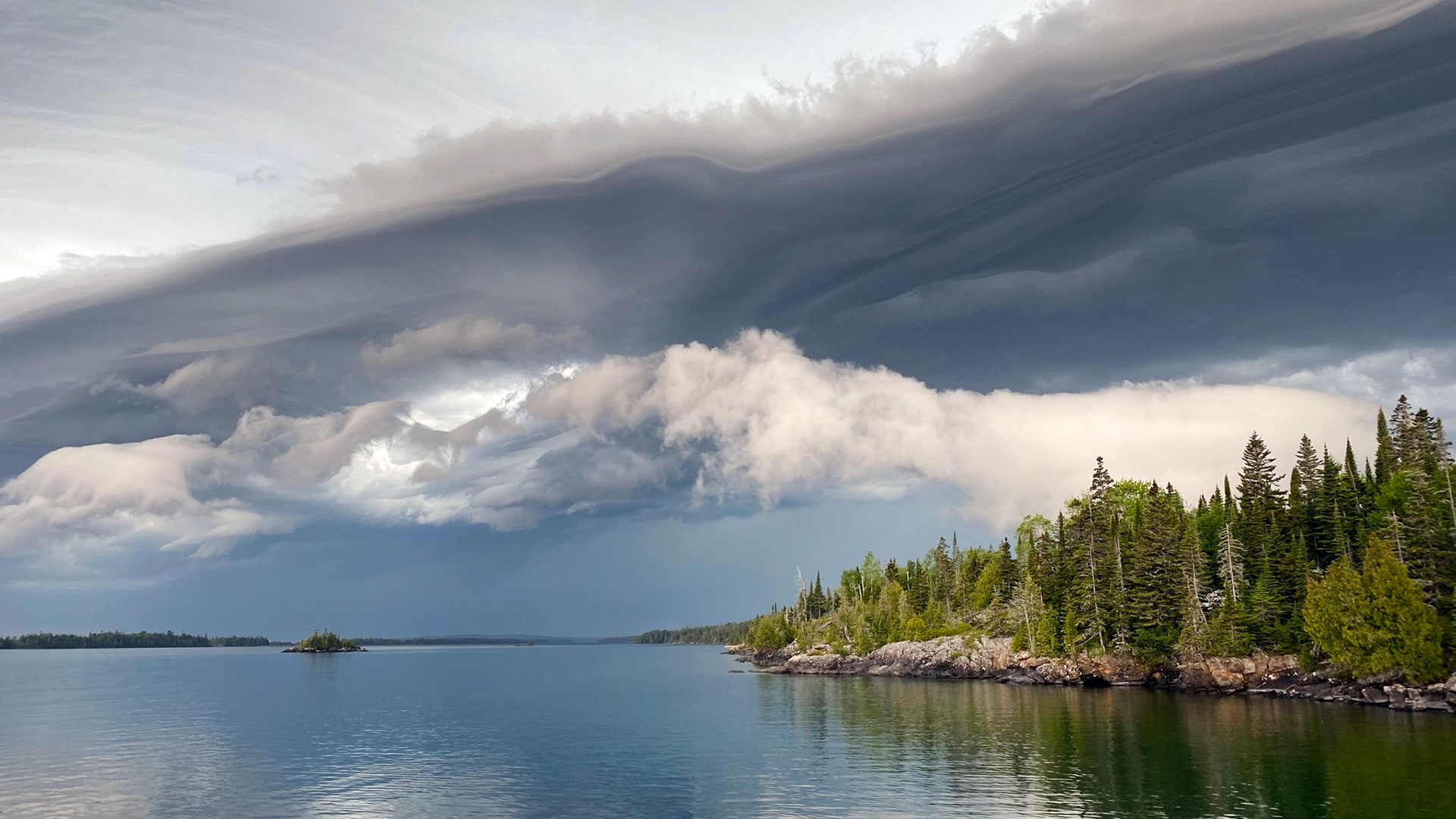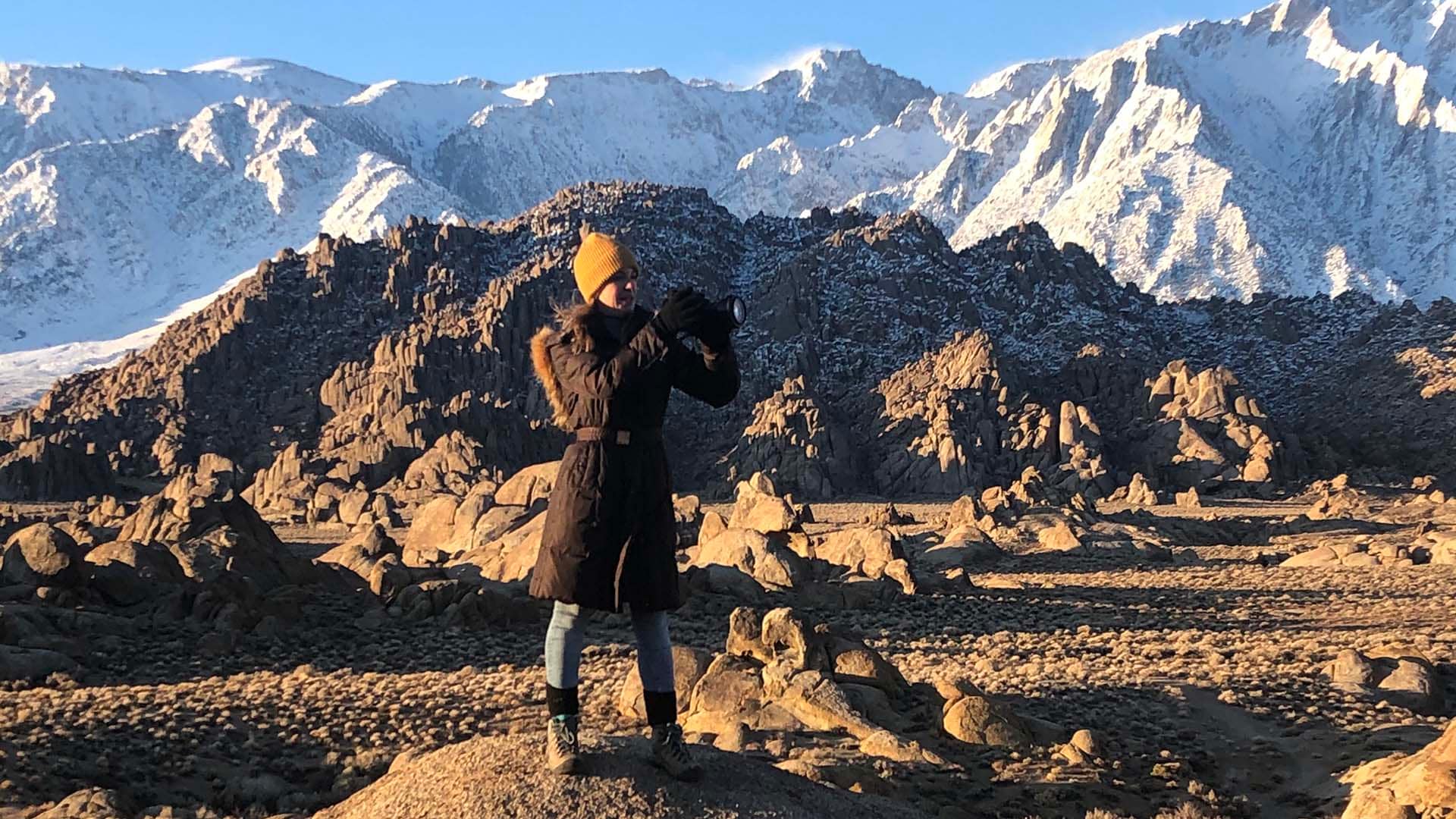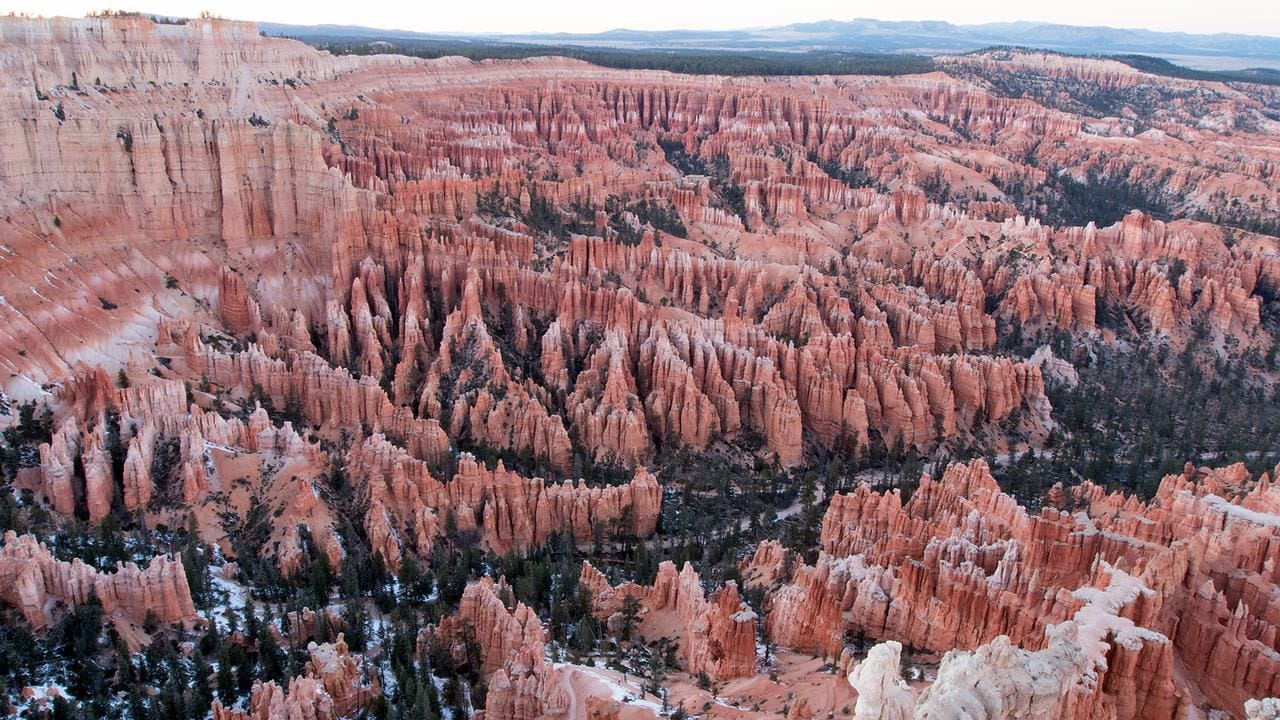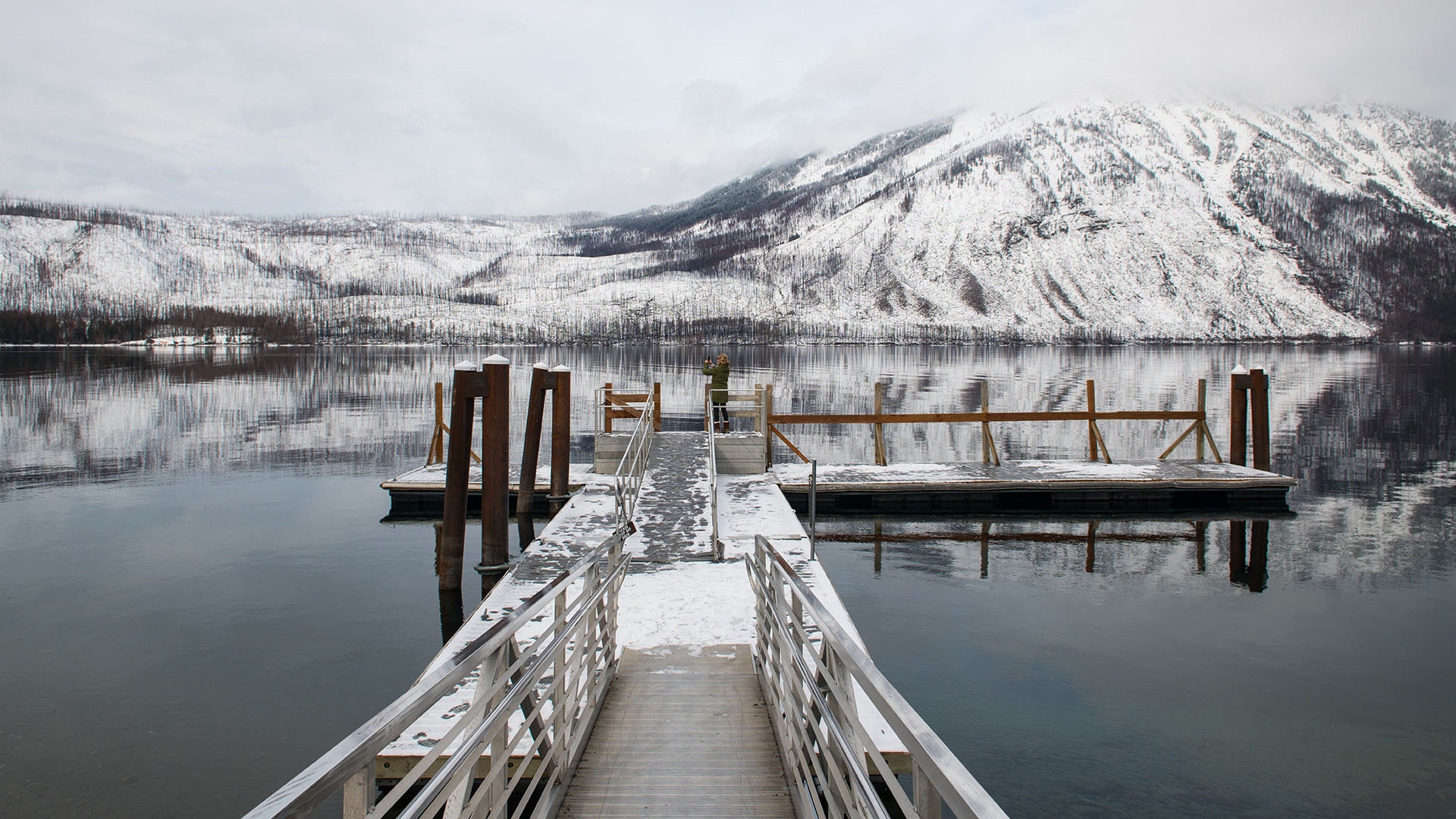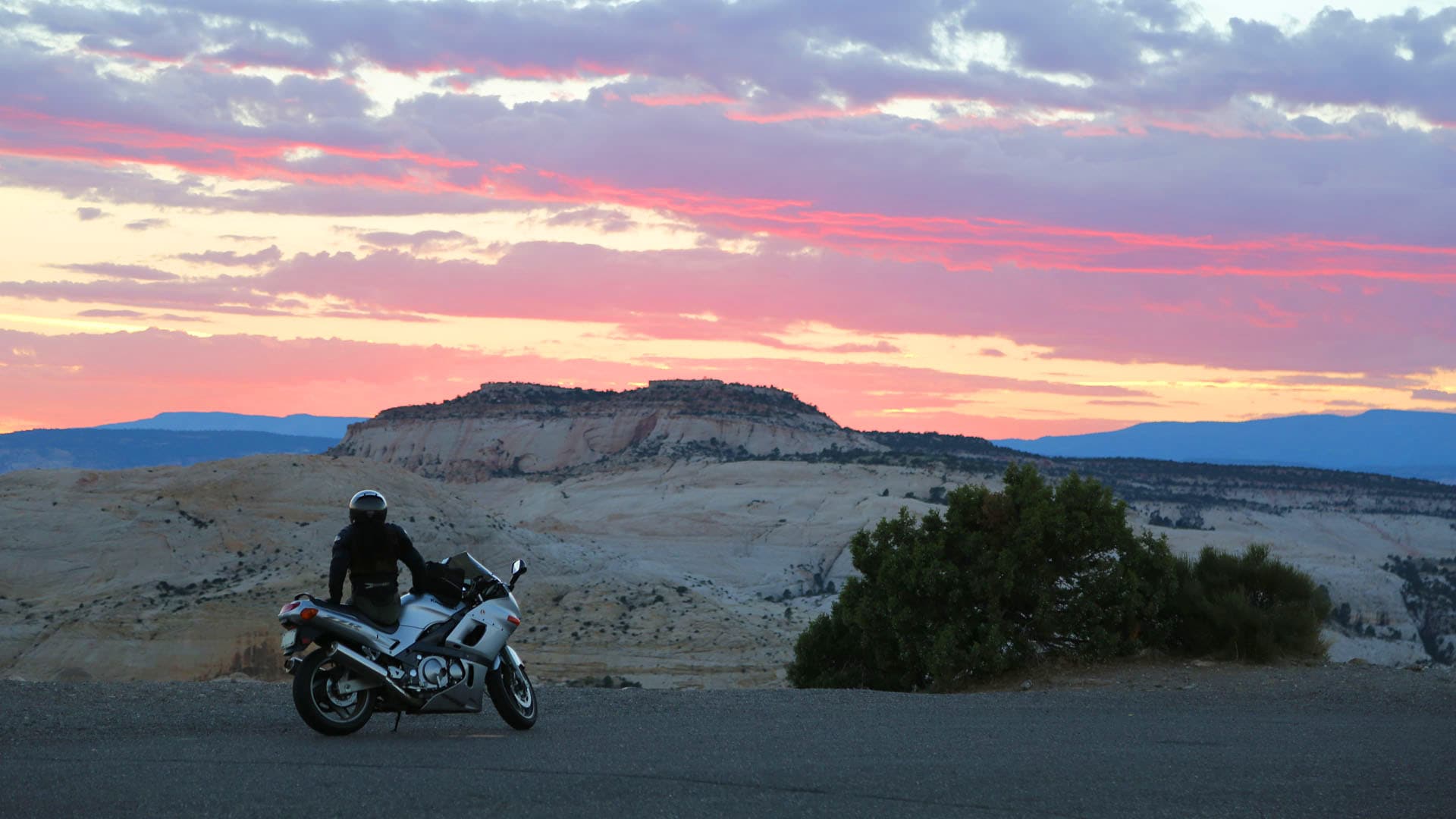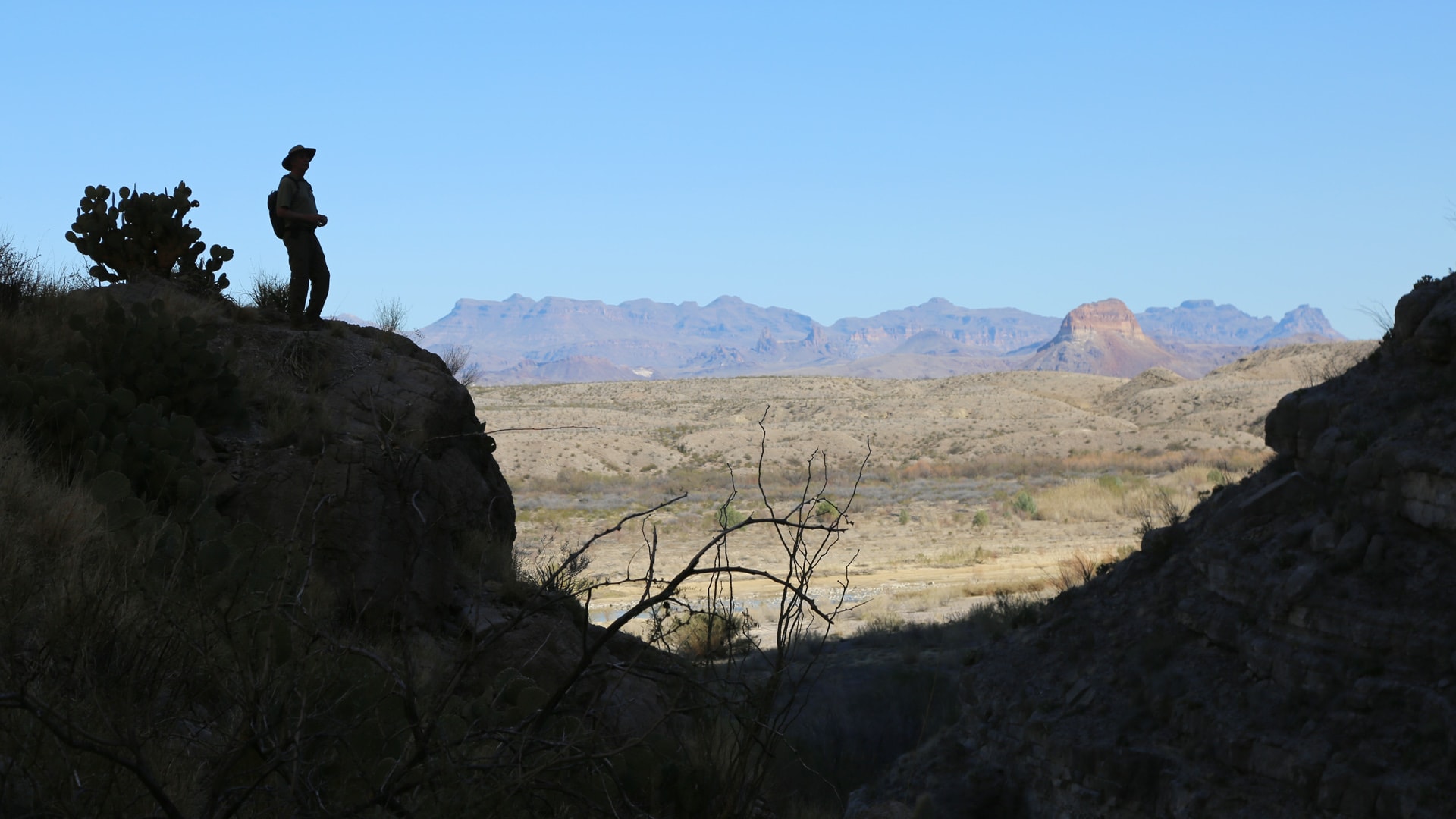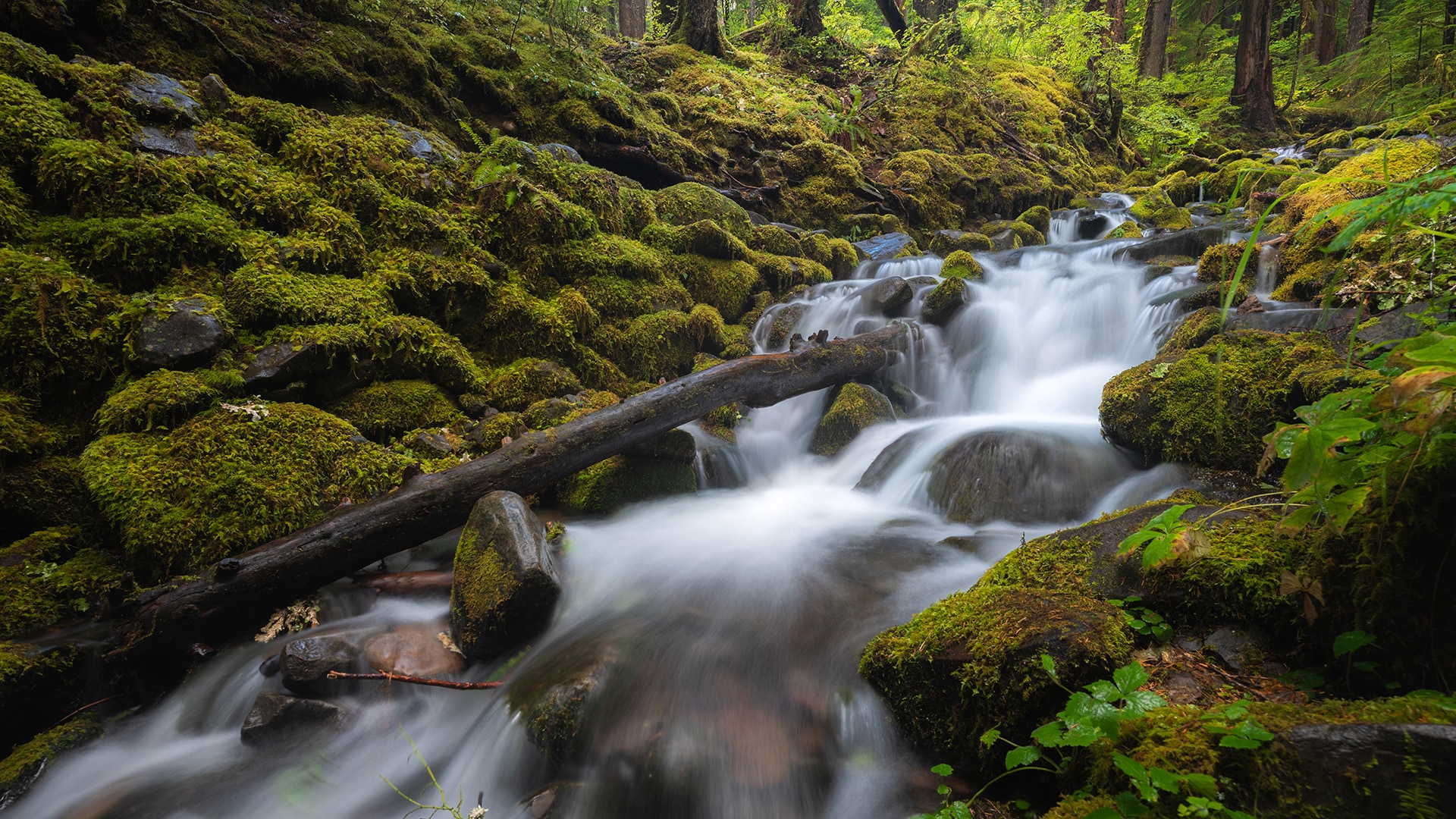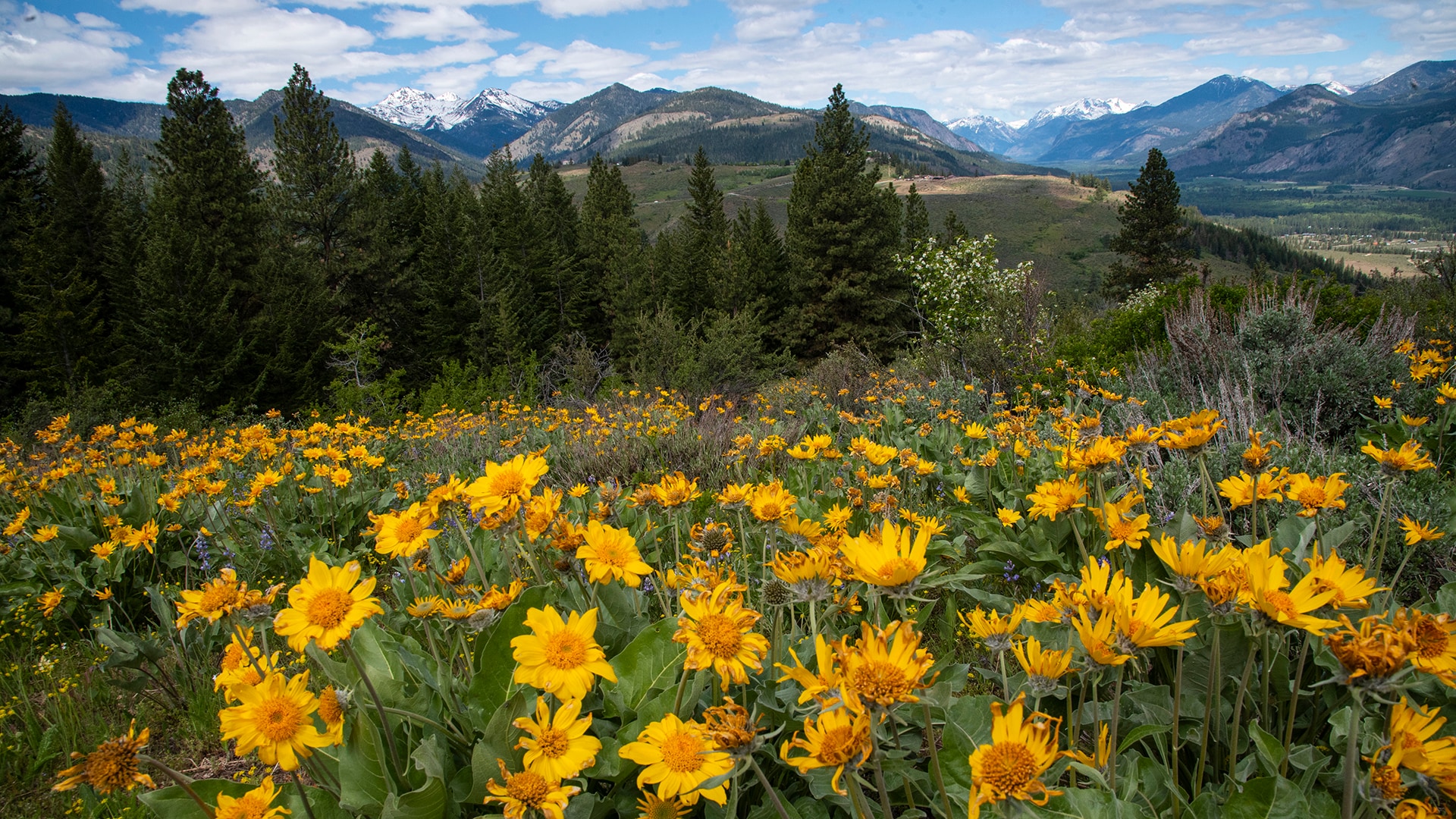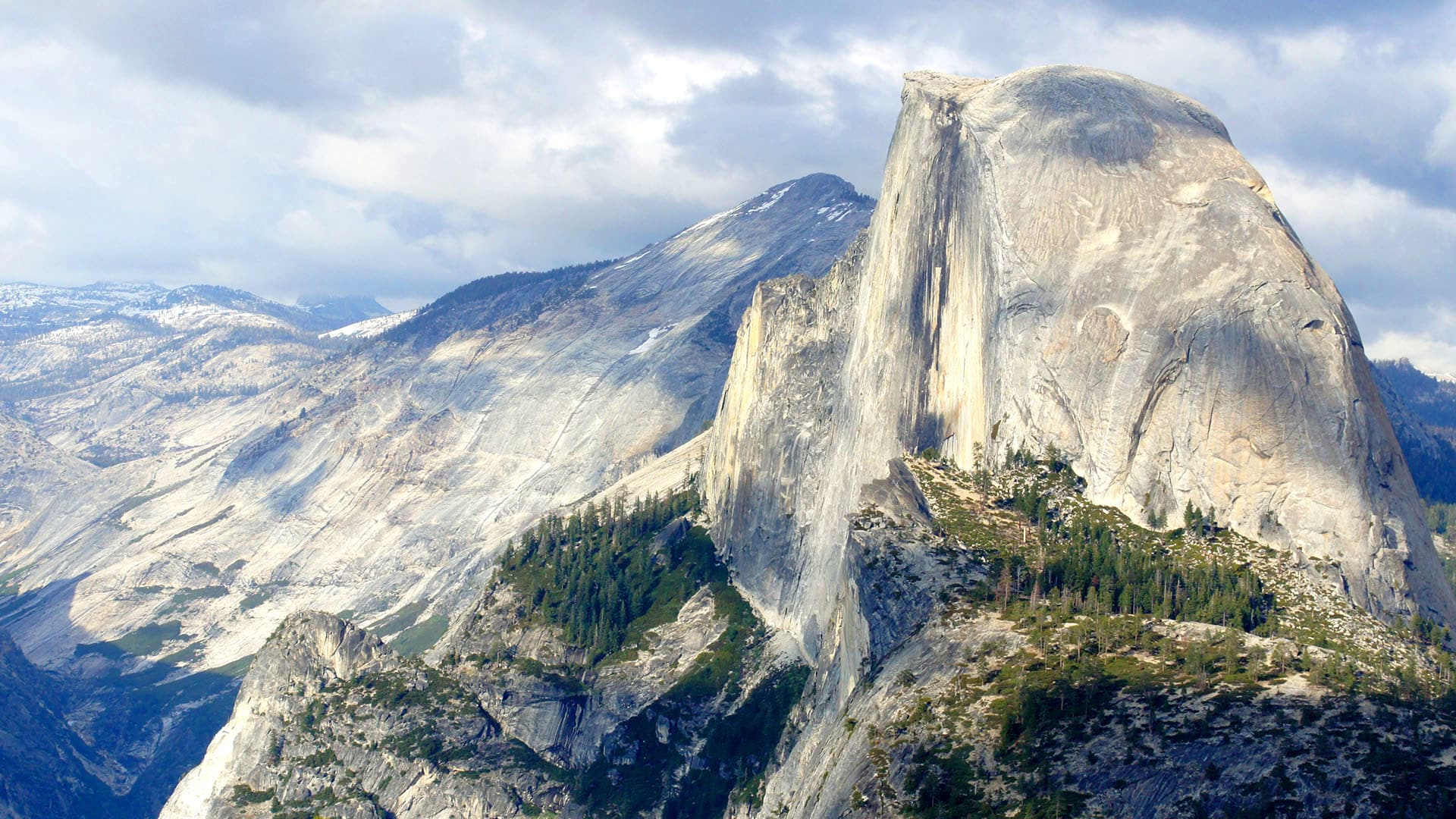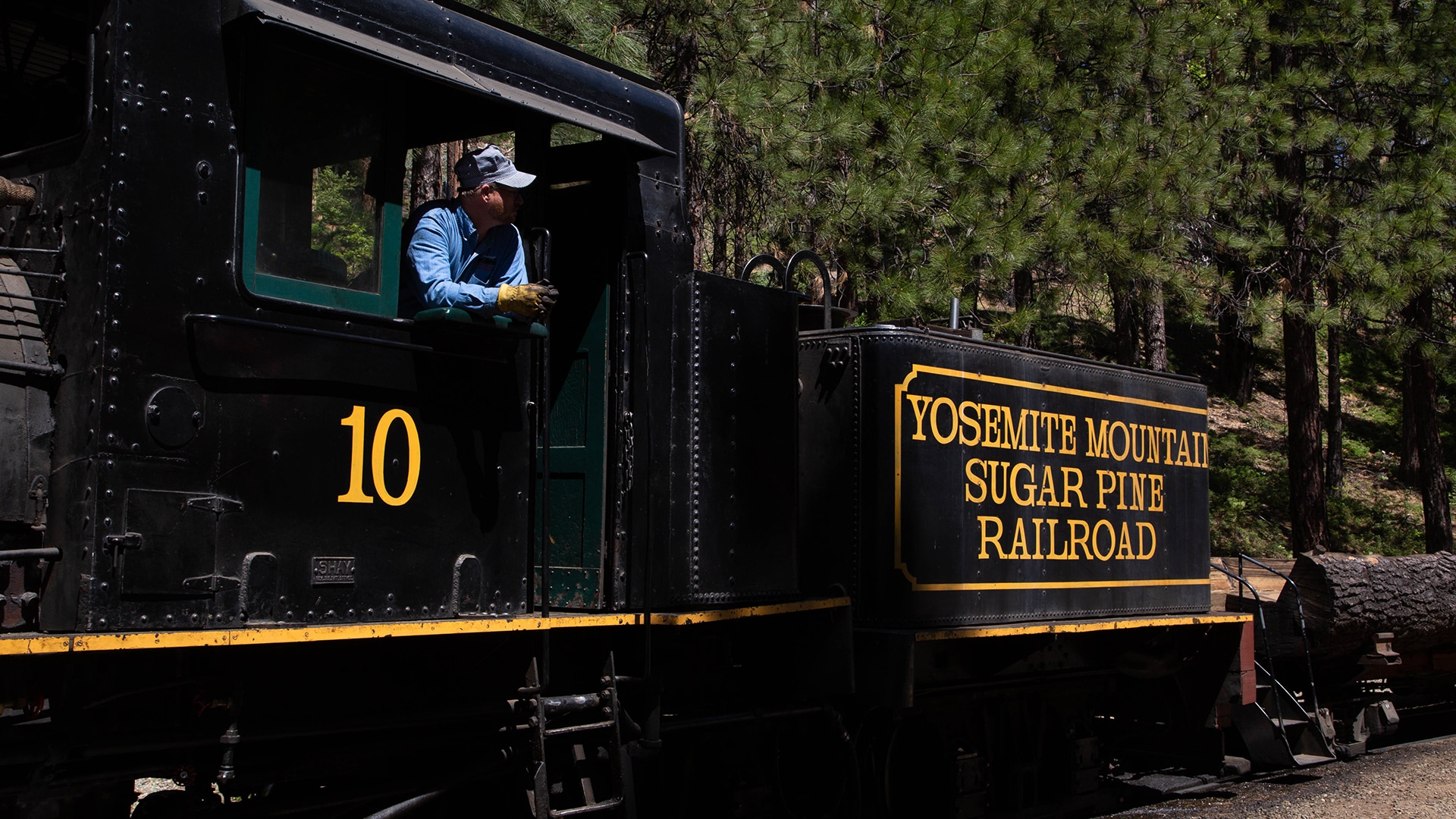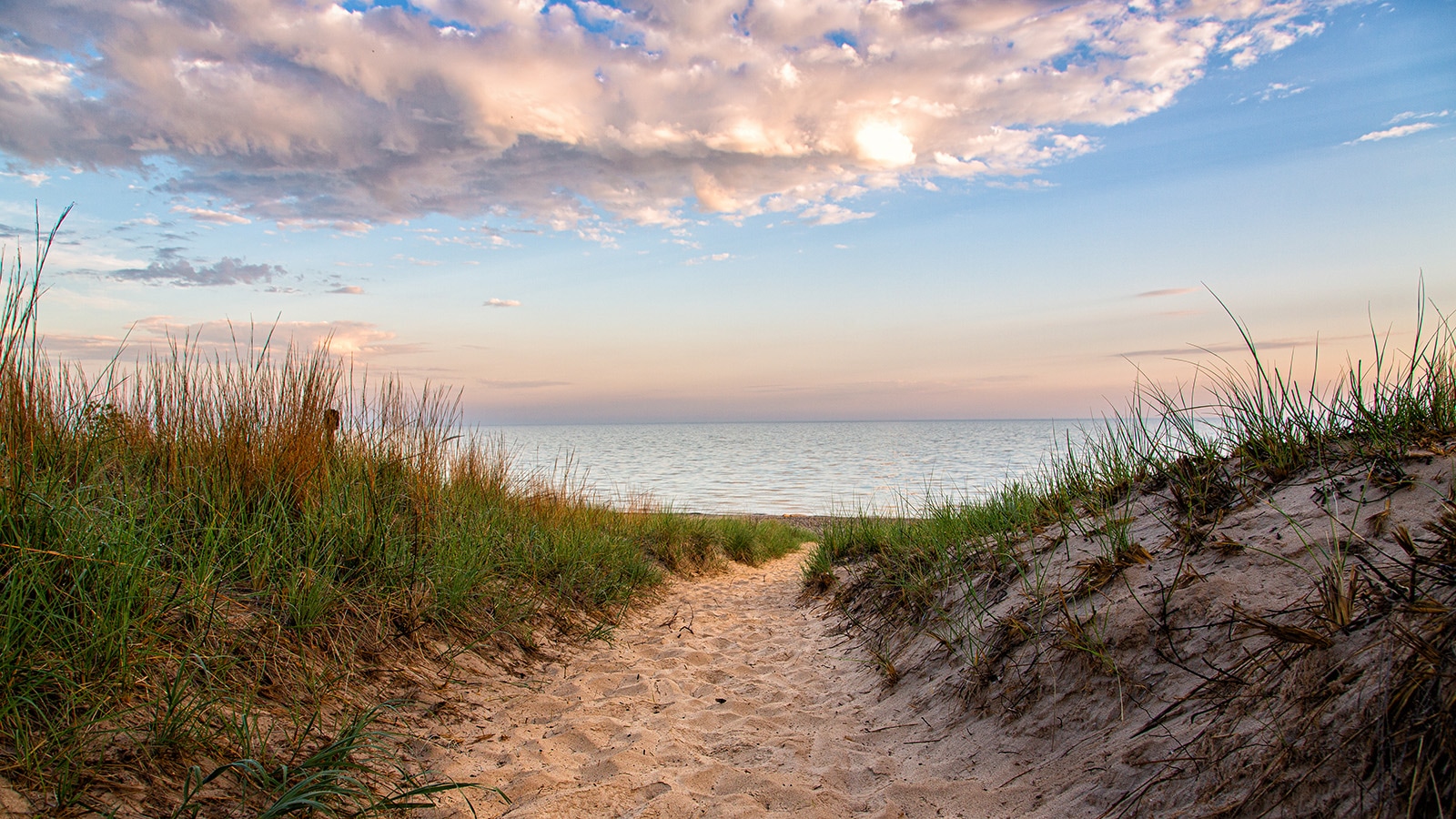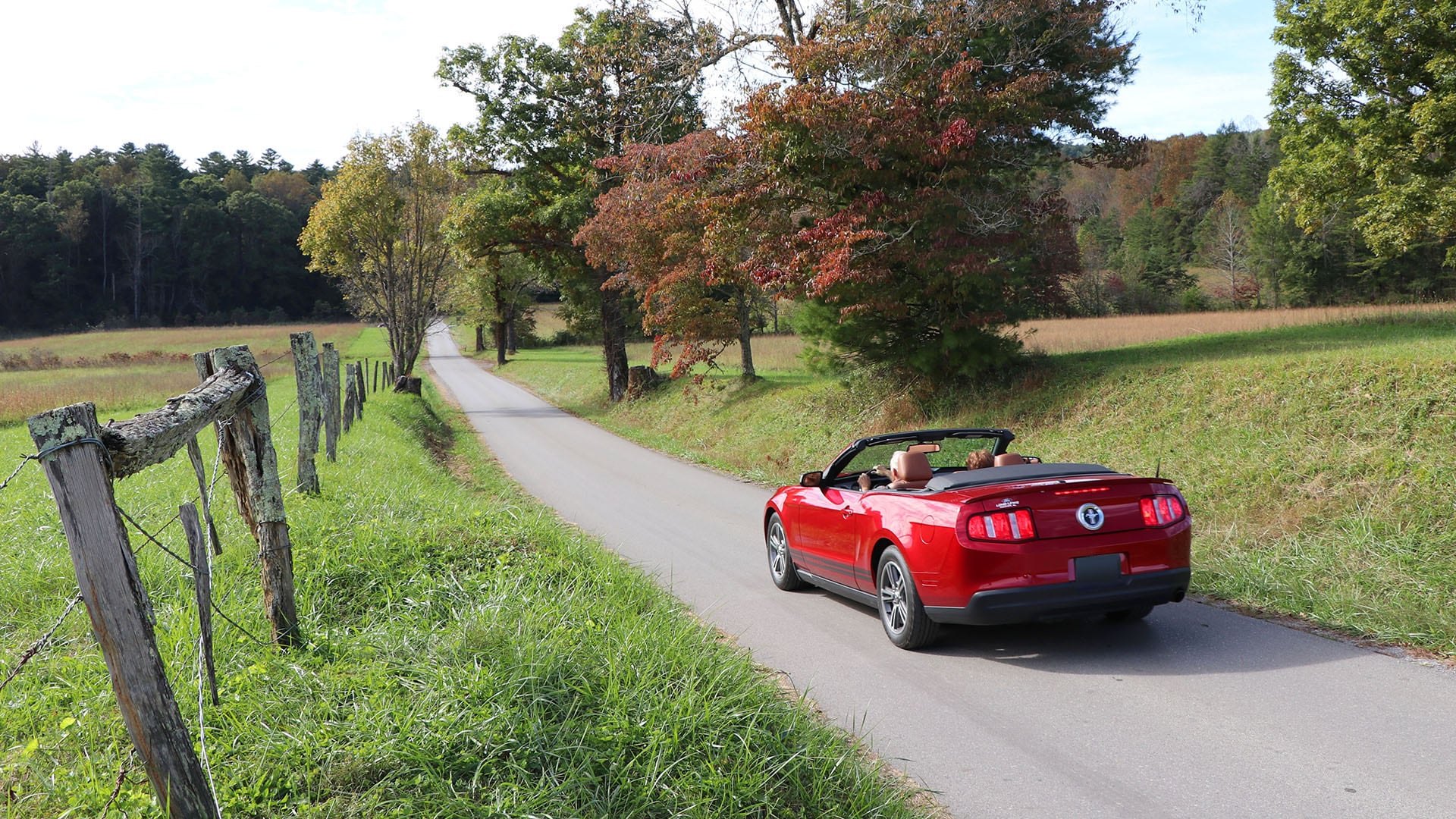Zion National Park: The Intersection of Inspiration and Art

The Virgin River flows past the Watchman in Zion National Park.
Story and photos by Charles Williams
Charles is the editor for Pursuits with Enterprise. Email the author.
Utah’s first national park spawns creativity in visitors.
Passionate art requires a catalyst — words, emotions or even places that are exceedingly beautiful. Zion National Park is such a place.
Almost 4 million visitors a year are drawn to the towering 2,600-foot walls in the deep sandstone canyons, meticulously carved by the Virgin River. Mule deer, wild turkeys and bighorn sheep roam freely. Ferns, wildflowers and mosses delicately hang from weeping sandstone.
Look around, and you will be motivated to create.
Zion is the intersection of inspiration and art. For more than 100 years, artists have tried to capture its dramatic beauty; the task wasn’t always easy.
Painters such as Frederick S. Dellenbaugh joined explorers to document remote, inaccessible landscapes that were unknown to many Americans. In 1903, his series of paintings brought notoriety that fostered legislation to create Mukuntuweap National Monument in 1909, which subsequently became Zion National Park in 1919.

Altar of Sacrifice

A hiker walks through The Narrows.
Artists Find Inspiration
Zion’s Artist-in-Residence program continues the tradition; artists live in a sandstone cabin for one month and interpret their surroundings through their work.
Eleanor Siebers, volunteer coordinator for the program, believes this immersion inspires artists. “Any time you have the opportunity to spend an extended period of time in a place you really come to know it, appreciate it and want to see it preserved and protected for future generations," she said. "Those feelings from our artists are embedded in the artwork they create for perpetuity."
Inspiration is everywhere — from the harrowing perch atop Angels Landing to the vast panorama seen on the Canyon Overlook Trail. For me, the scenery in The Narrows is particularly poignant. Golden light bathes the sculpted walls, enticing you to see what’s around the next bend, then the next, until you find yourself miles up the river.
Dozens of easier hikes — the Watchman, Lower Emerald Pool, Riverside Walk, Weeping Rock — are less strenuous but equally delightful.

Ferns on the Riverside Walk Trail

The sun sets after a rainstorm near the Court of the Patriarchs.
Think Big, Look Close
Lorraine Bubar is a papercut artist who spent September as the Artist-in-Residence at Zion. She recommends that creative people take time to study their surroundings, both big and small. “A park like this, you can try to capture the huge vastness of it, or you could zero in on the smallest little thing that’s right in front of you," she said. "Take time to look at some of the fragile, diverse wildflowers, the small lizards and texture of the rocks.
“The key to visiting any park is to spend at least a few days and really soak in the experience — especially as an artist — to really get a sense of the palette of colors. I could do the same hike multiple times at different times of day, and it looks totally different because of the lighting.”
The best time to visit Zion is early or late in the day during summer, or better yet, during the off-season, when you’re more likely to find peace among nature. Pick one or two hikes a day, and resist the temptation for a checklist visit that leaves little time for contemplation — the seed of creativity. Bring a sketchpad, a tripod or canvas to capture colors, textures and shapes.
In addition to the Artist-in-Residence program, Zion also hosts a Plein Air Art Invitational. This year, 24 professional landscape artists captured the park's beauty through paintings and demonstrations.

Mule deer at the lodge

The Virgin River flows past the Watchman as the sun sets in Zion National Park.
Within the last decade, there has been an increasing backlash against the digital-age notion that faster is better. This Slow Movement culture has affected many facets of life — food, aging and, of course, travel. Devotees move at whatever speed is necessary to build relationships with people and places.
Siebers agrees with the philosophy. “Zion's unique geology draws many people here, but in a way, Zion is like many of our natural places. They give you the ability to get away from the hustle and bustle of daily life, slow down for a bit, and really have the time to experience and appreciate your surroundings,” she said.

Hiking through The Narrows.
Zion National Park: The Intersection of Inspiration and Art
Related
Read more stories about national parks.
- Grand Canyon Hike
- National Park Tradition Renews Family Ties
- Road Trip to Five National Parks Near Los Angeles
- Rocky Mountain National Park Snowshoeing
- Great Smoky Mountains Waterfalls
- Grand Teton National Park
- Yellowstone National Park in Winter
- Weekend Getaway in Joshua Tree National Park
- Road Trip Through Northern California
- Road Trip to Saguaro National Park
- Road Trip from Olympic National Park to San Francisco
- Colorado’s Great Sand Dunes National Park
- The Loneliest Road in America
- Road Trip to Death Valley National Park
- New River Gorge National Park
- Majestic Mountain Loop
- Road Trip from Denver to Glacier National Park
- Driving Through The Smoky Mountains: Planning Your Road Trip
- Mount Rainier National Park
- Road Trip to Acadia National Park
- Day Trip to Dry Tortugas National Park
- Black Canyon of the Gunnison National Park
- Washington’s North Cascades National Park
- Road Trips to National Parks in Winter
- Road Trip to White Sands National Park
- Petrified Forest National Park
- Road Trip Through Central Oregon
- Road Trip to Zion National Park for Artistic Inspiration
- Cold Weather Photography Tips
- Things to Do in Hot Springs, AR on Your Next Getaway
- Road Trip to Dark Sky Parks in Utah
- Weekend Getaway to Yosemite National Park
- Plan a Road Trip to a National Park Near You
- Isle Royale National Park
- Mountain Road Trips
- Weekend Getaway to Bryce Canyon National Park
- Visiting Glacier National Park in Winter
- Road Trip on Utah's Scenic Byway 12
- Road Trip to Big Bend National Park, Texas
- Visiting Washington's Olympic National Park in the Offseason
- Cascades Loop Road Trip
- Fall Foliage Road Trip in Road Trip From San Francisco to Yosemite
- Majestic Mountain Loop Family Fun
- Road Trip to Indiana Dunes National Park
- Cades Cove Scenic Drive is a Trip Back in Time












